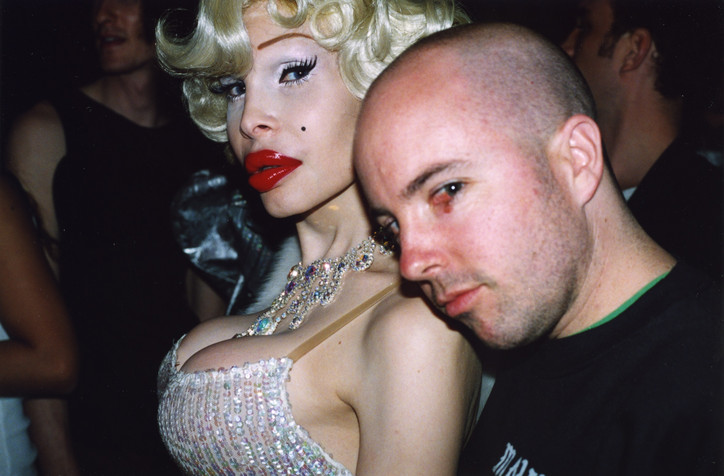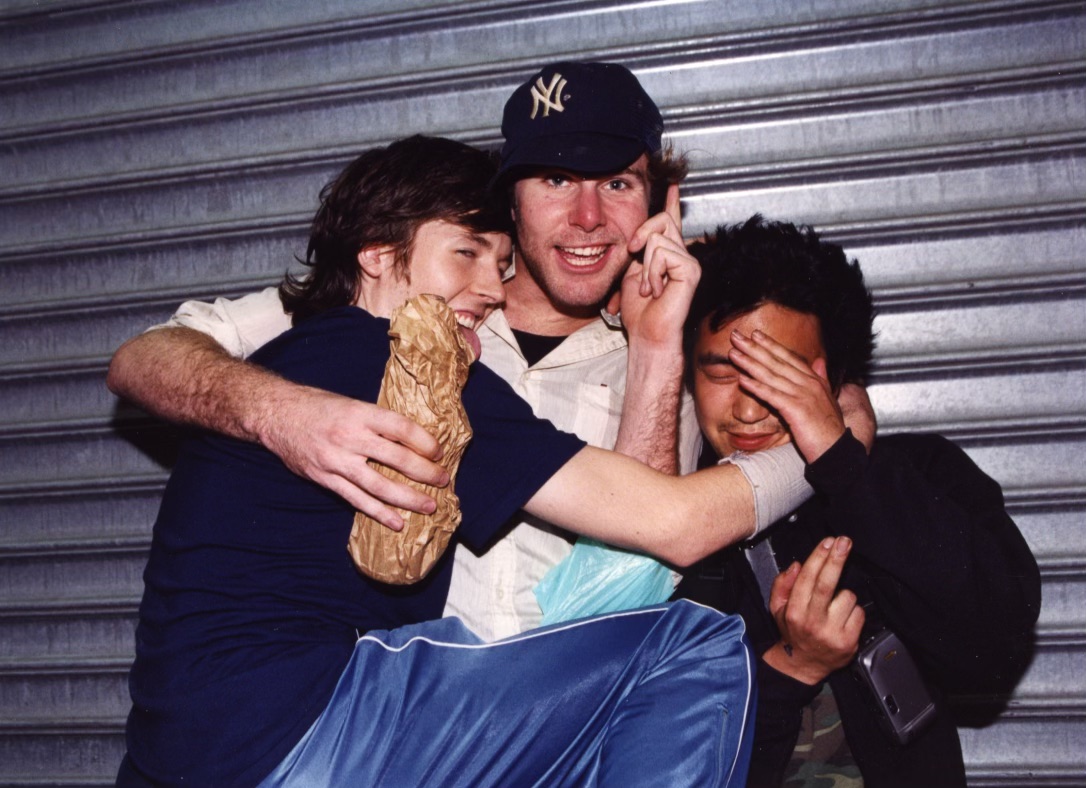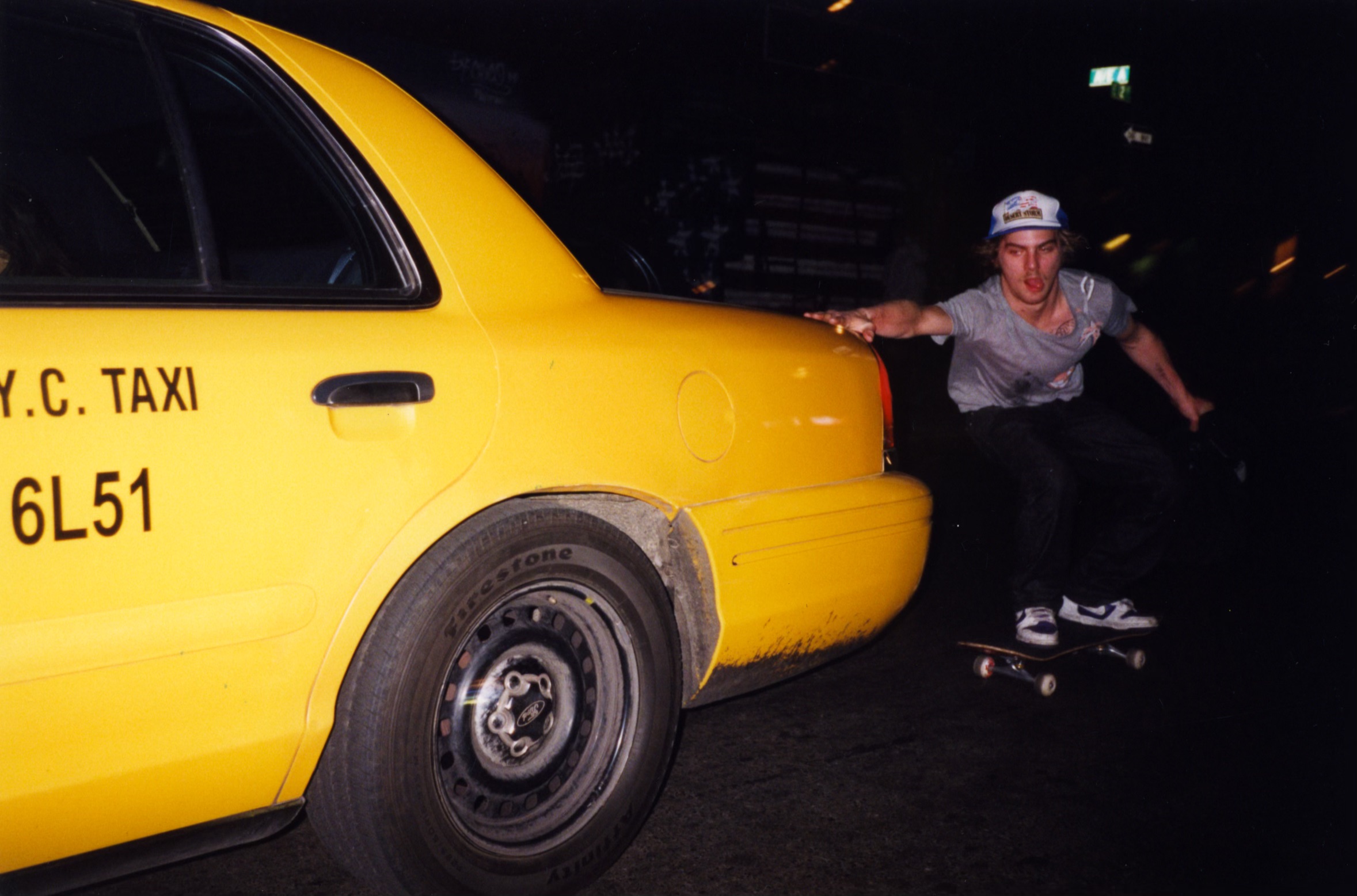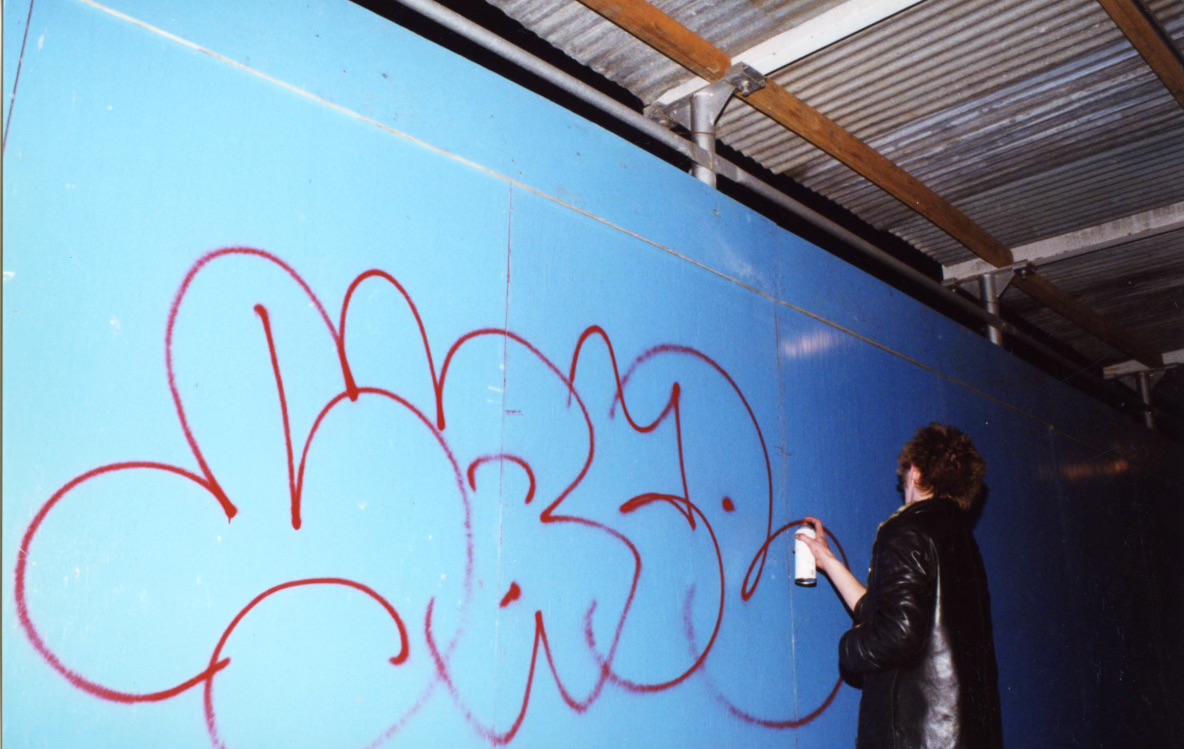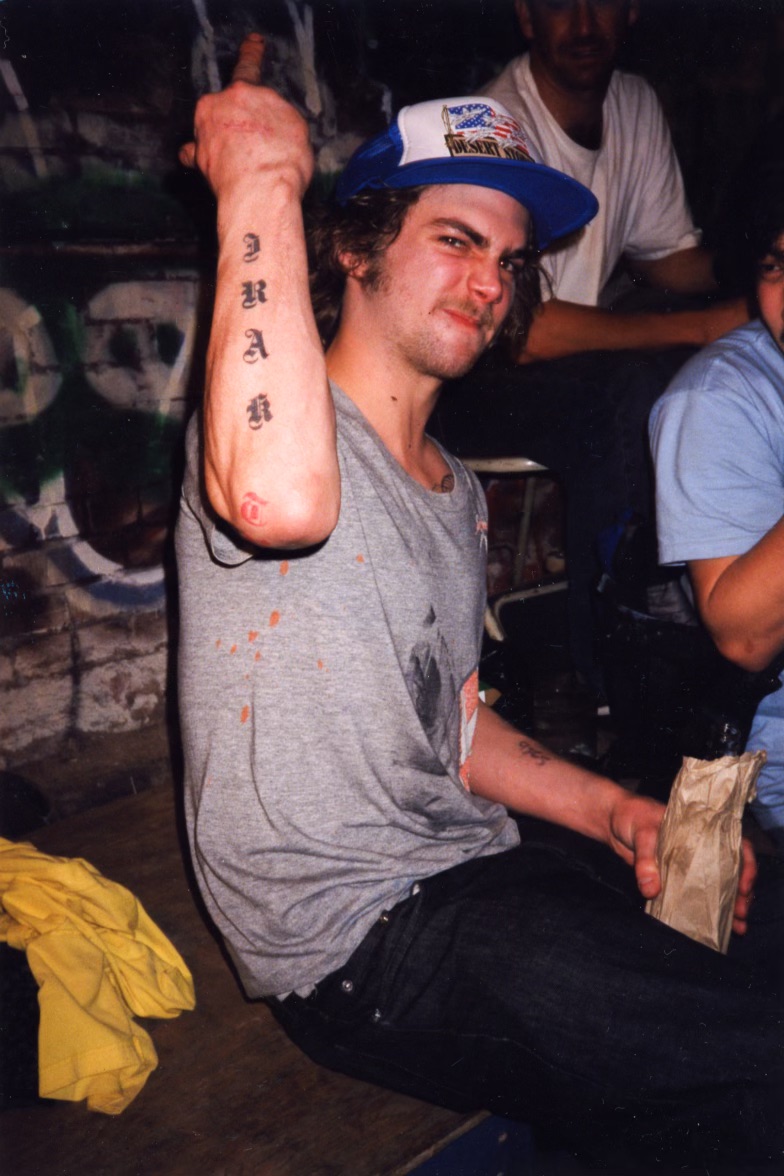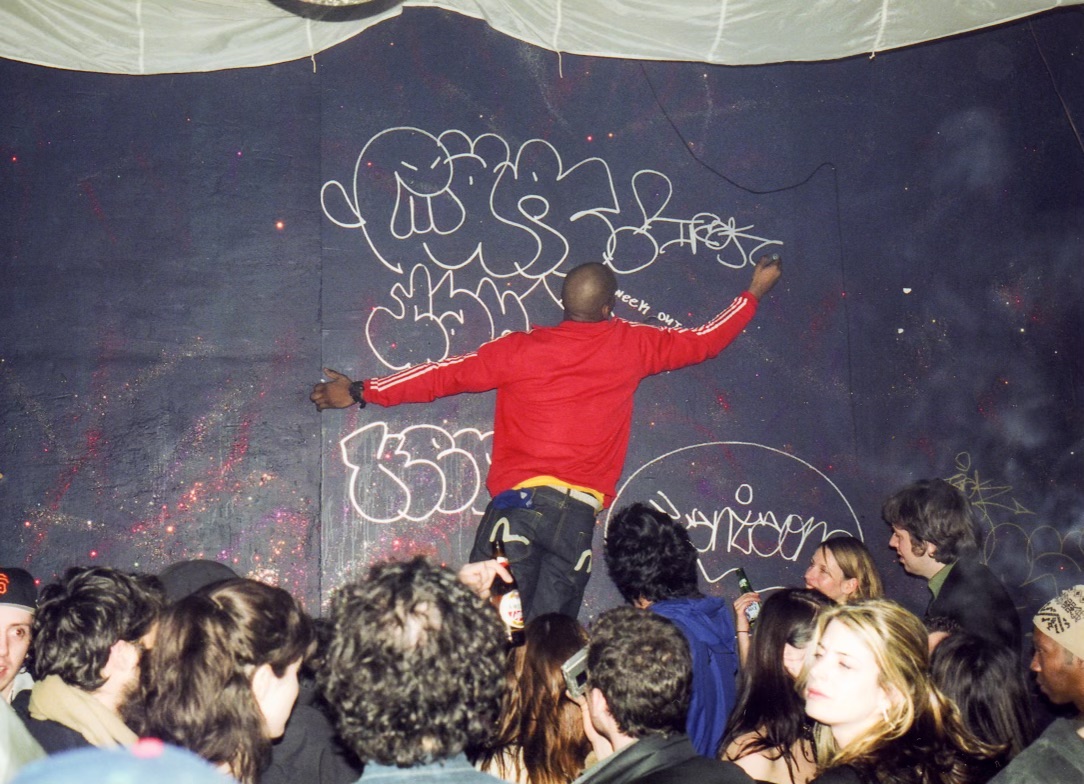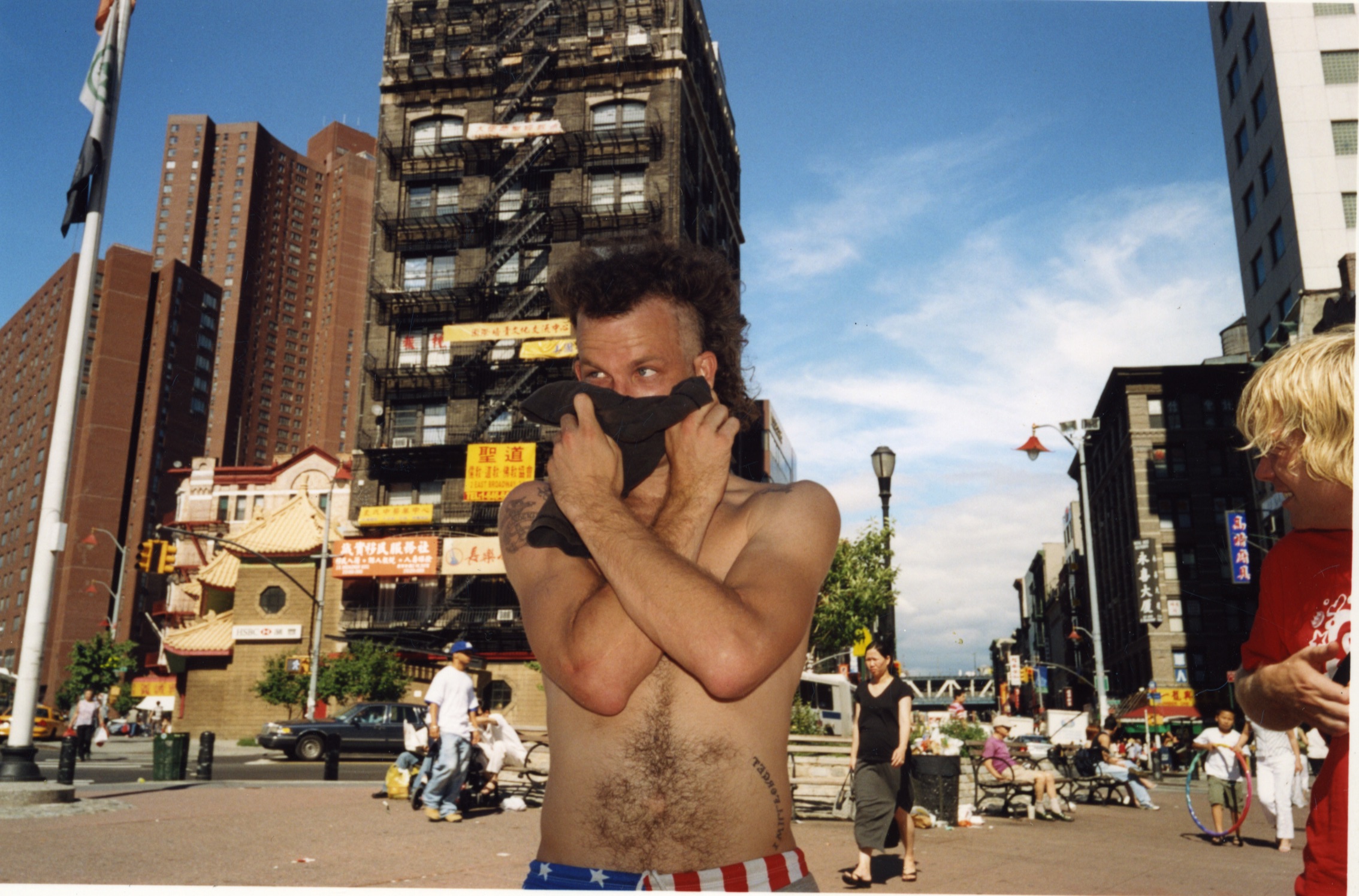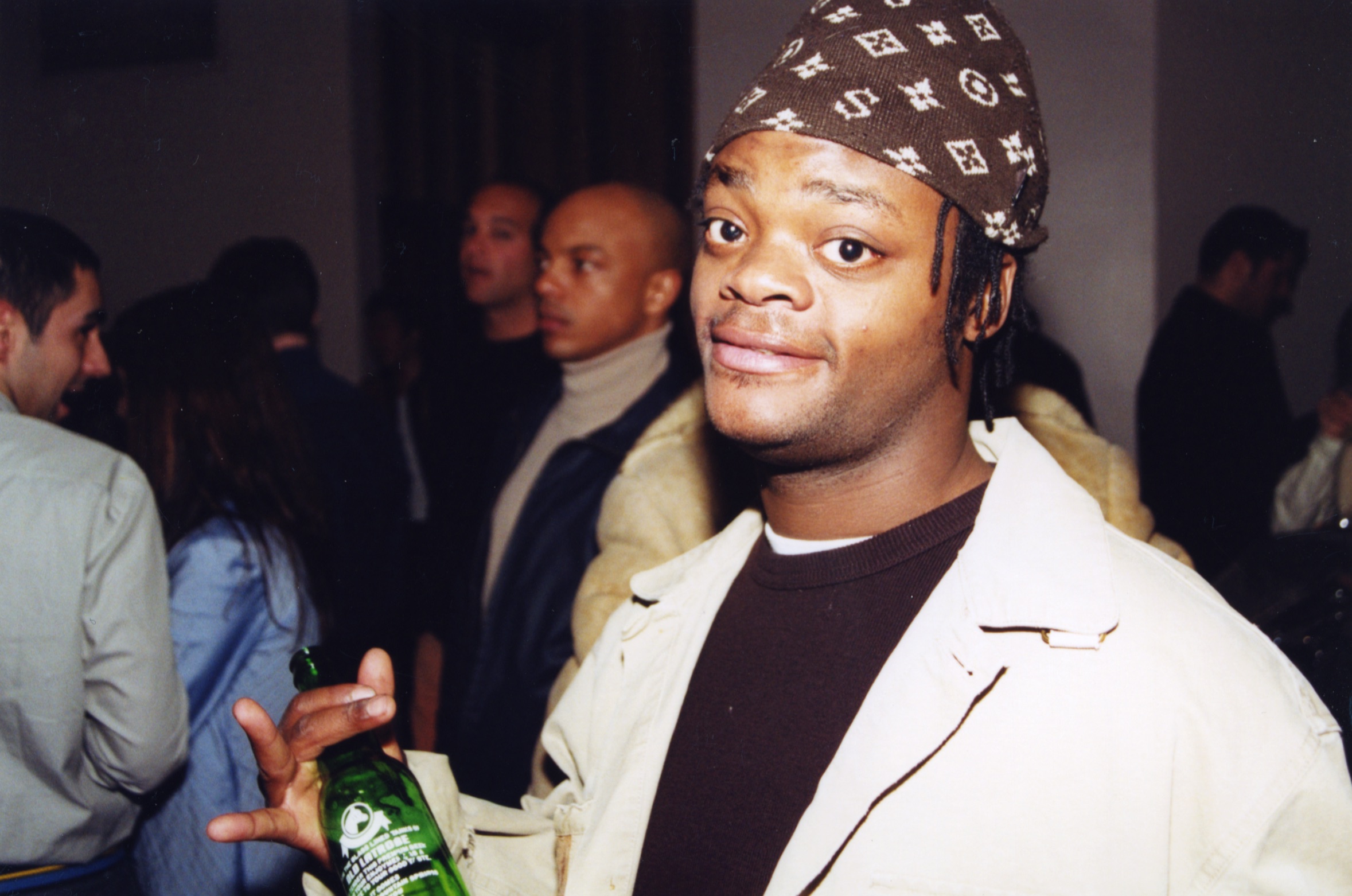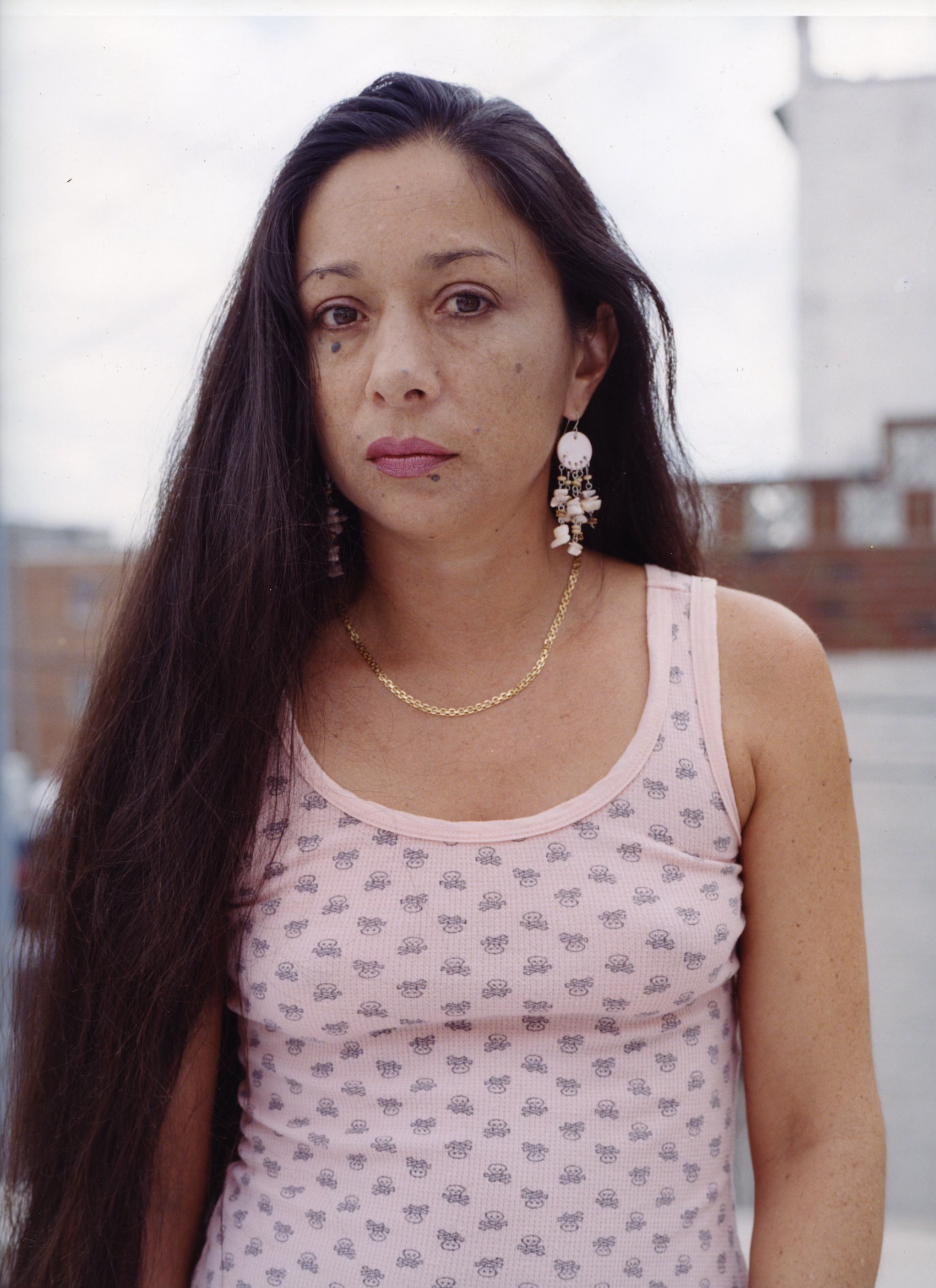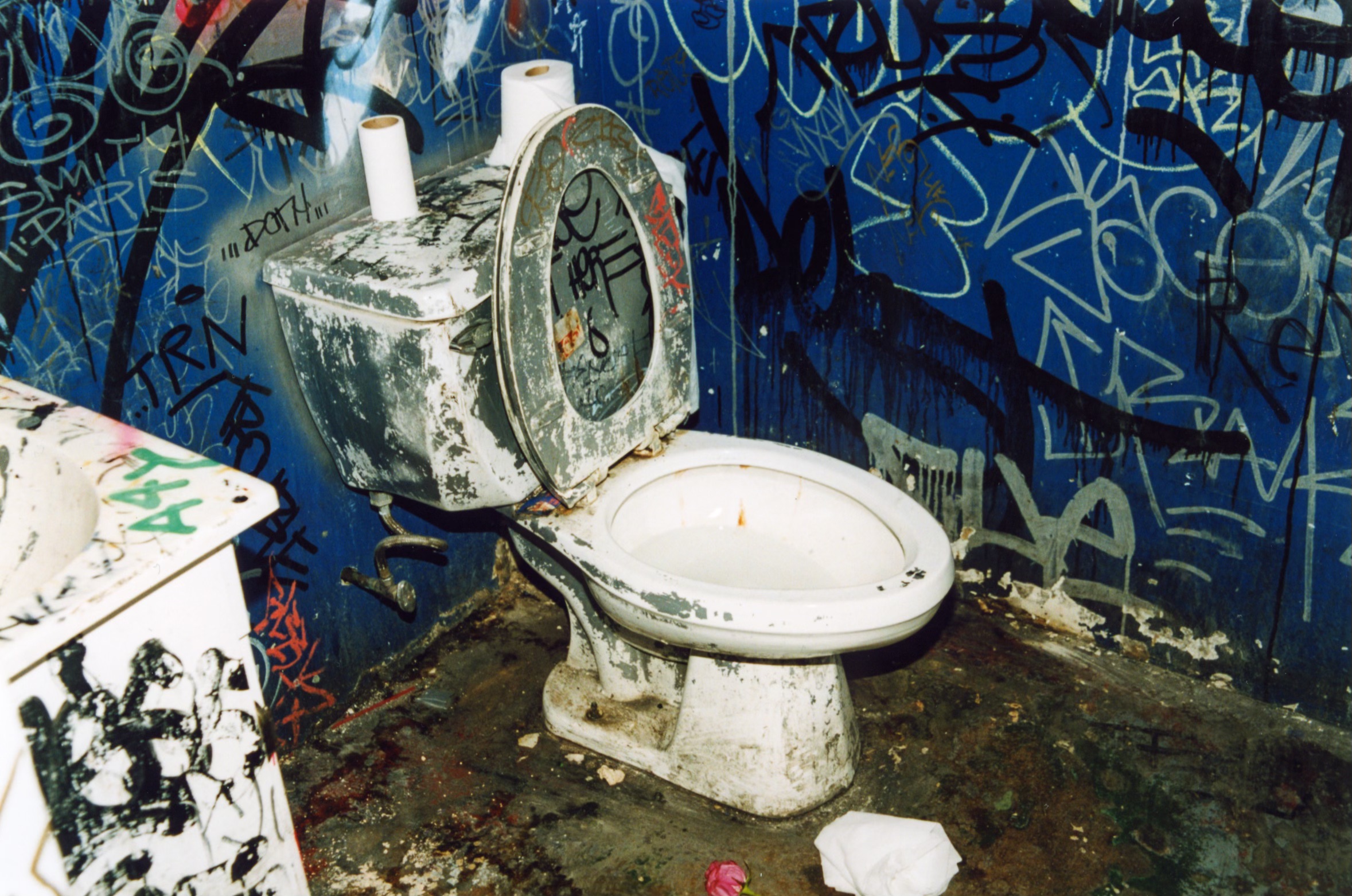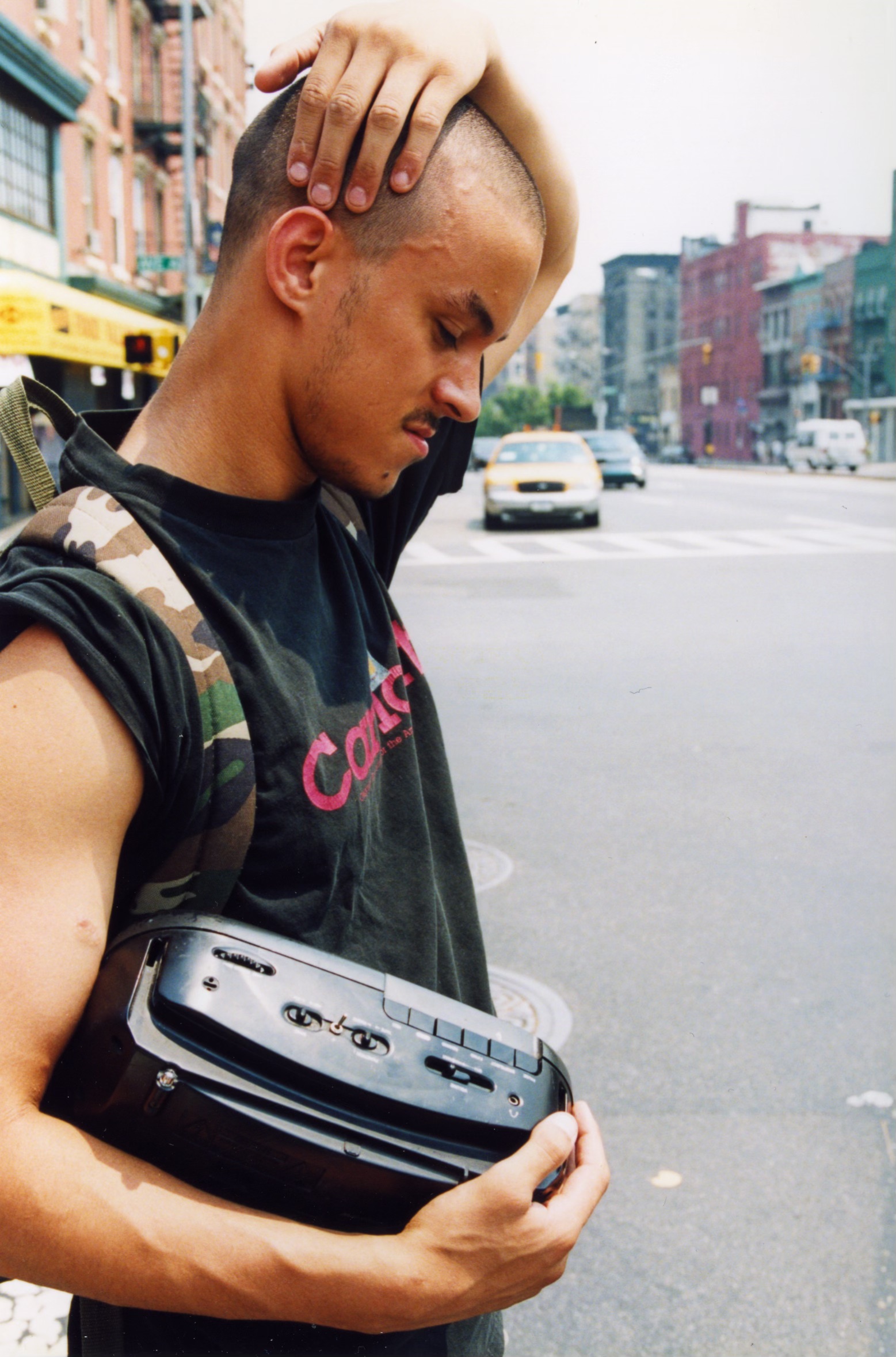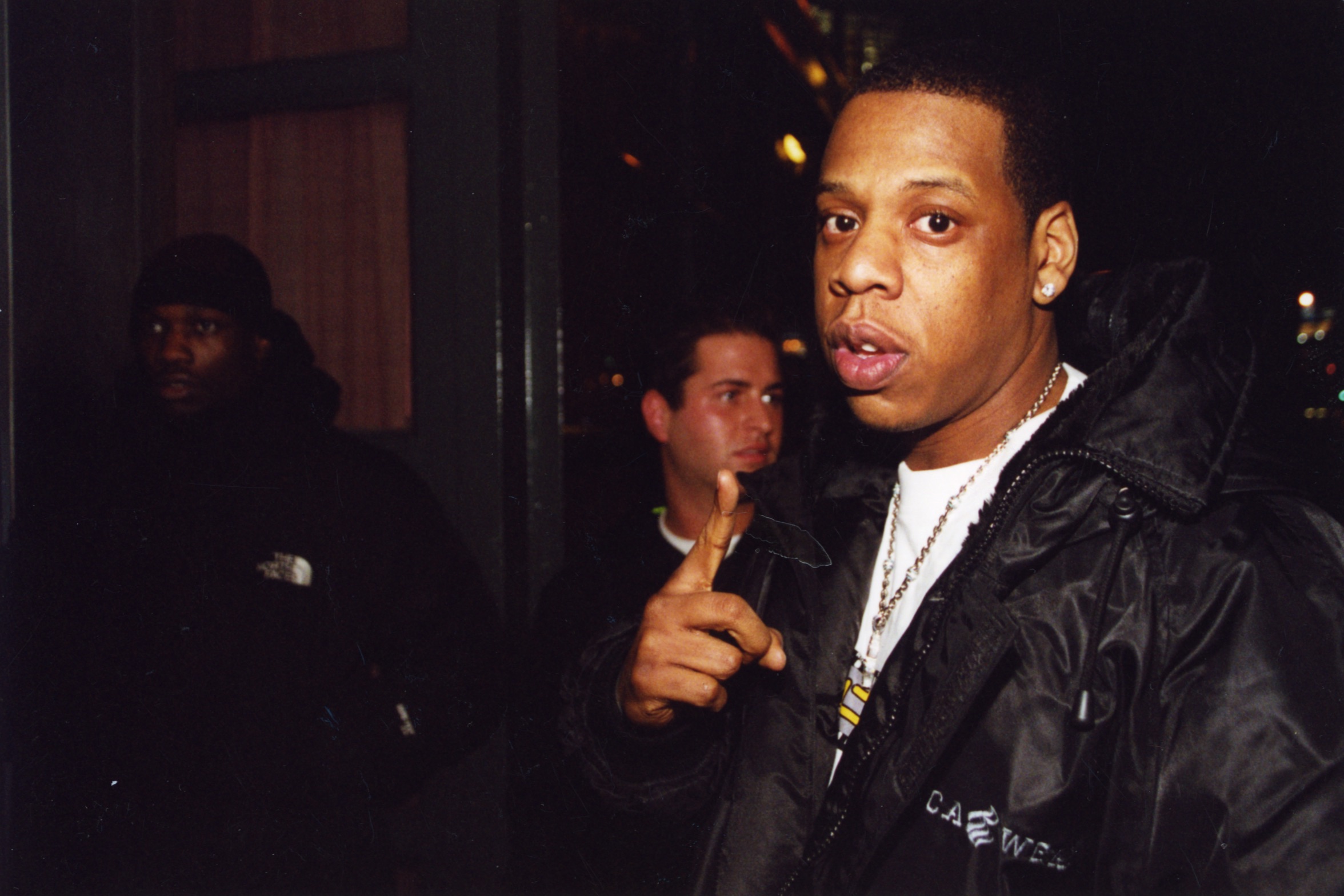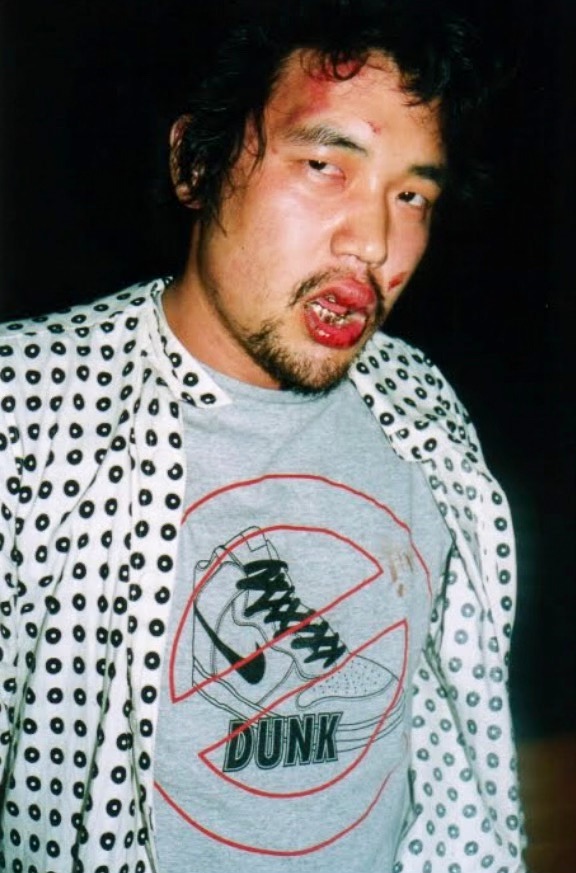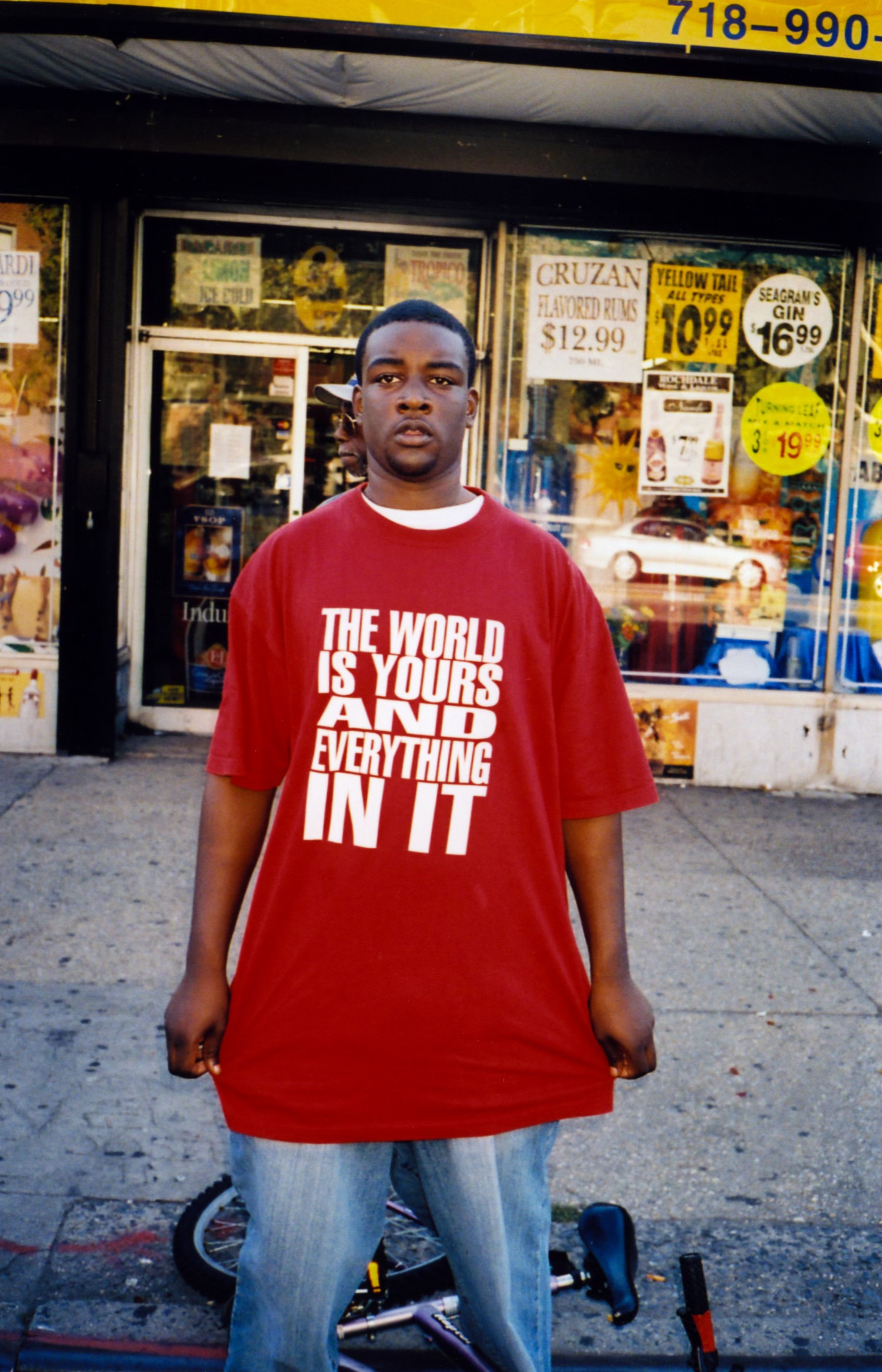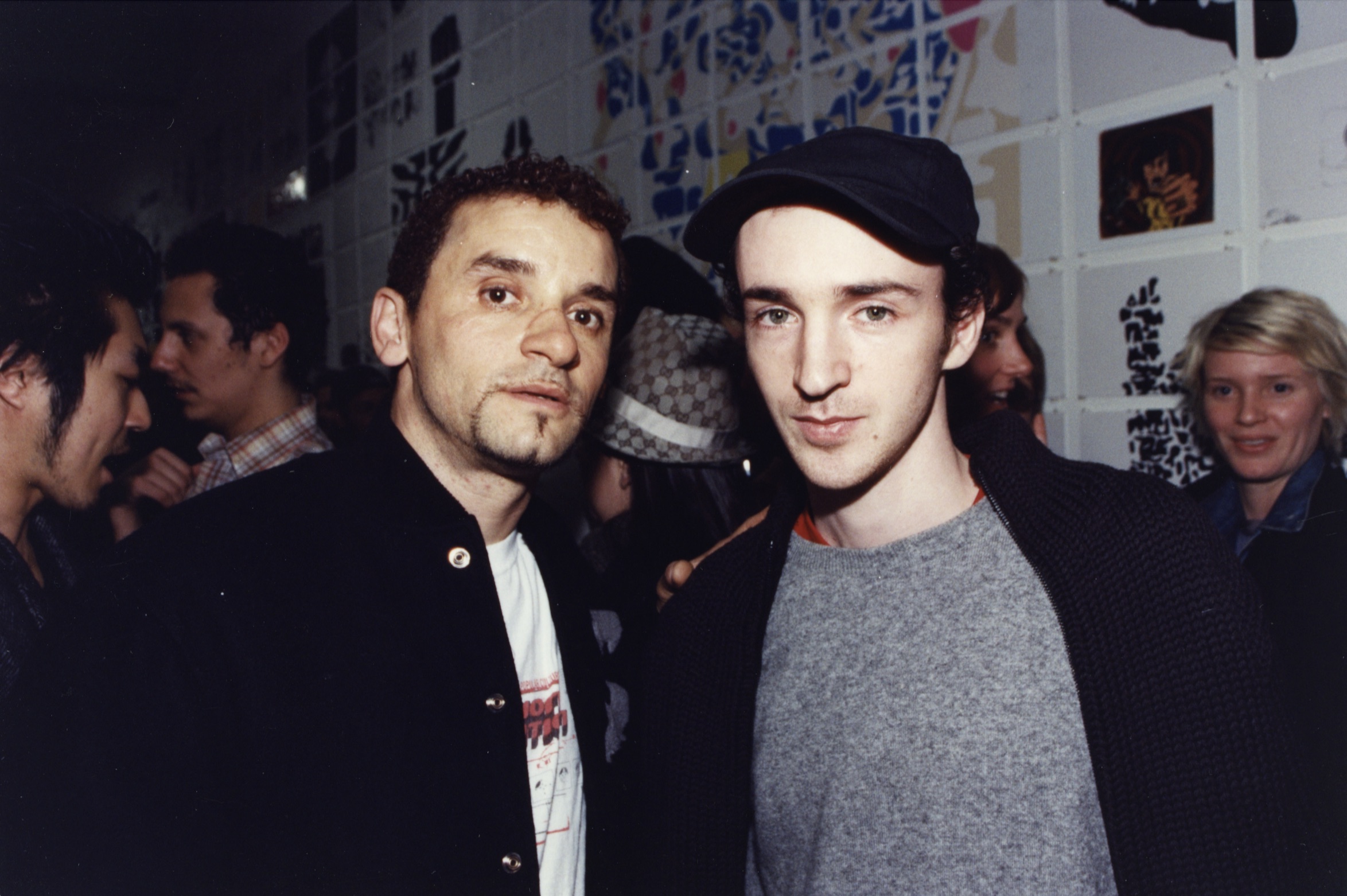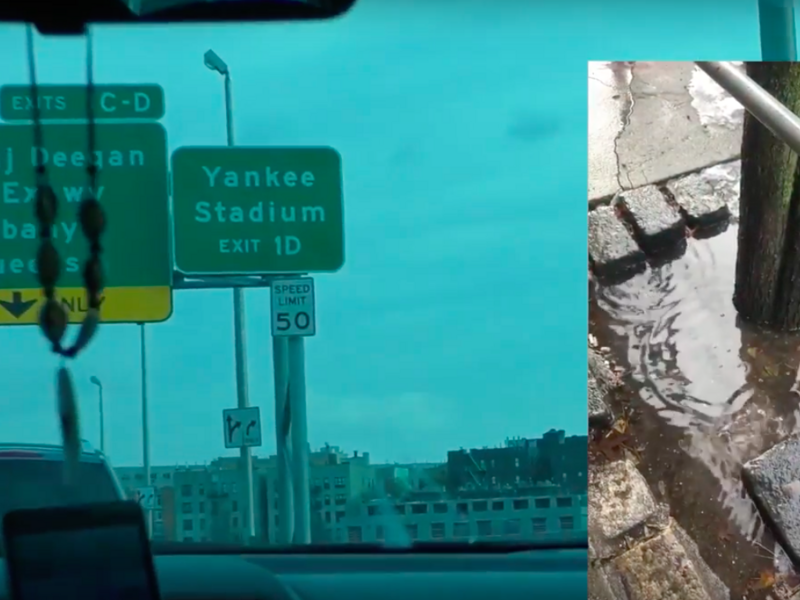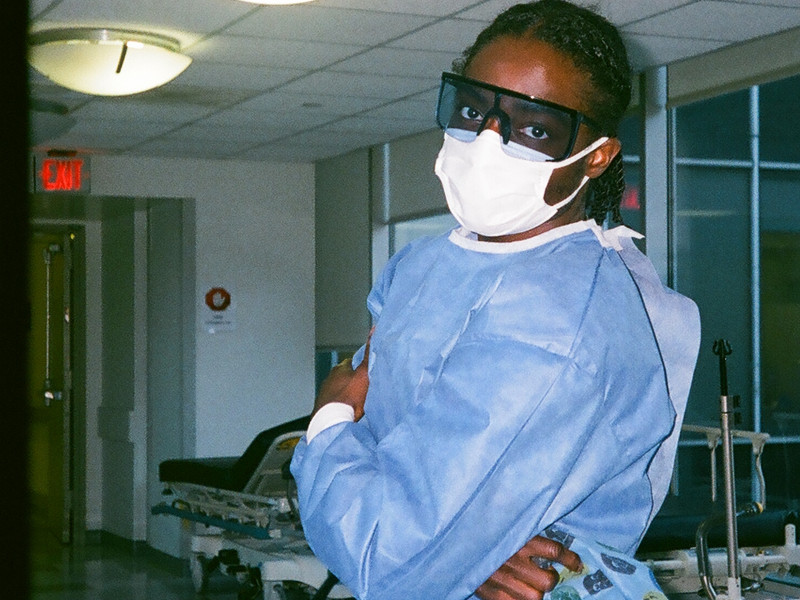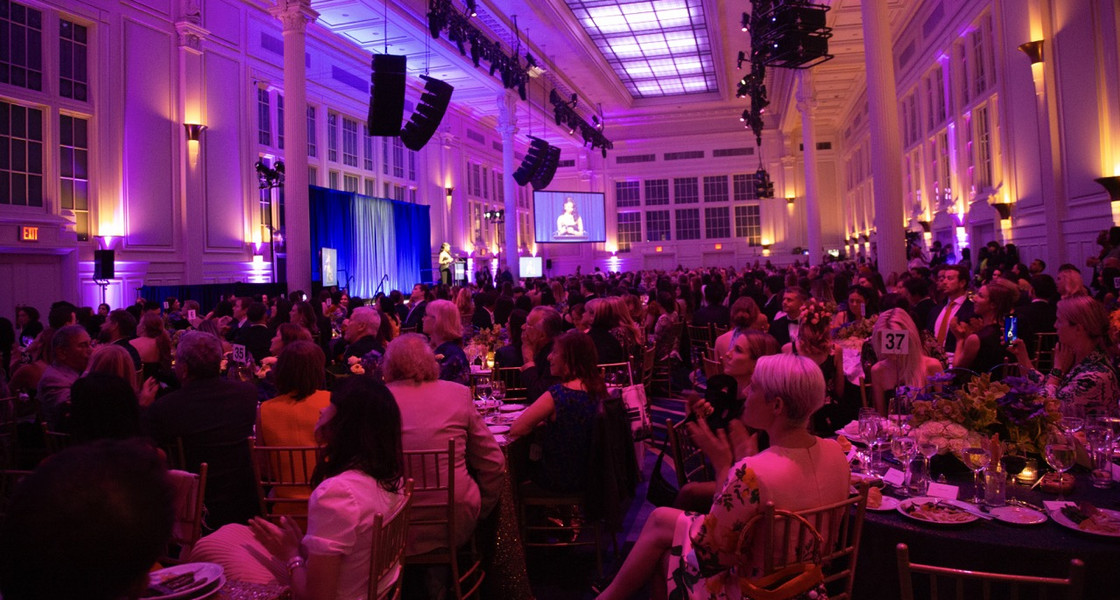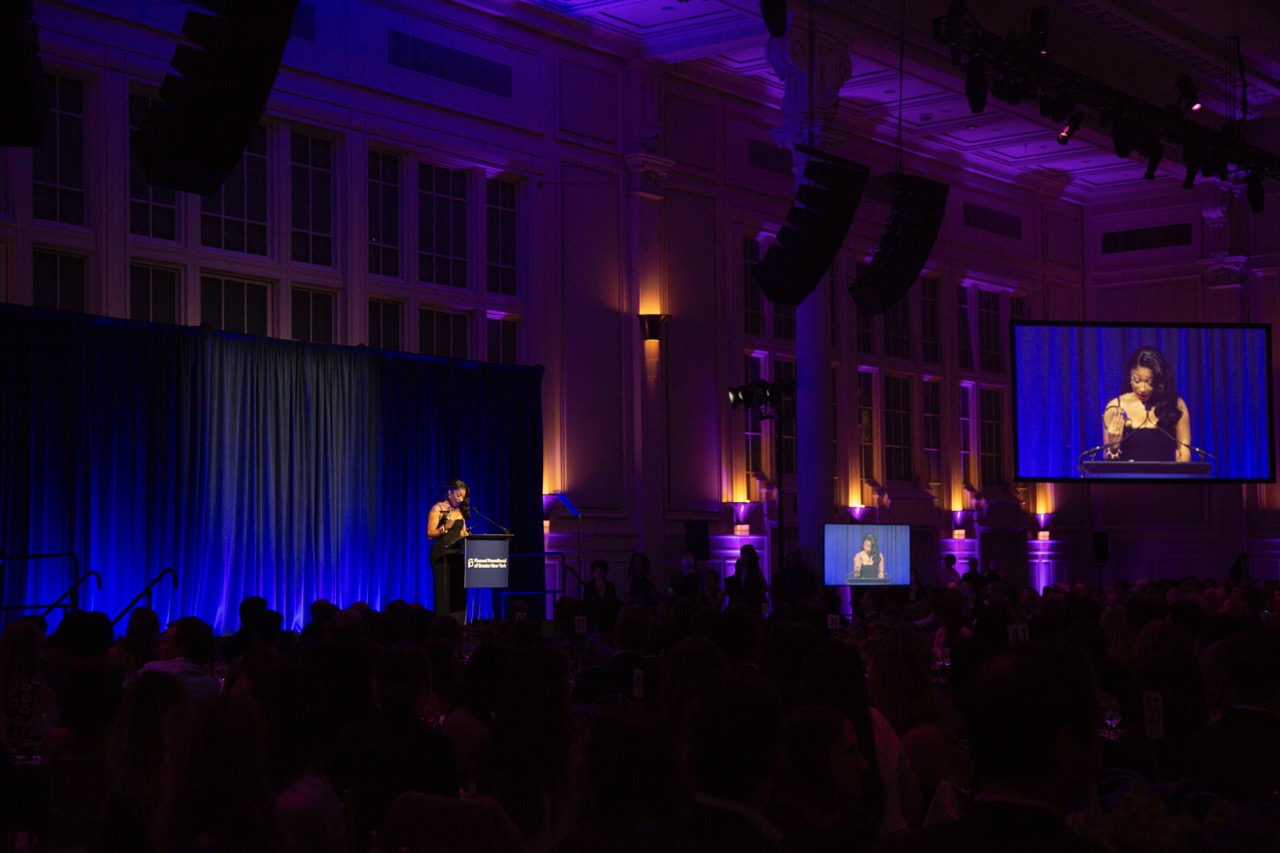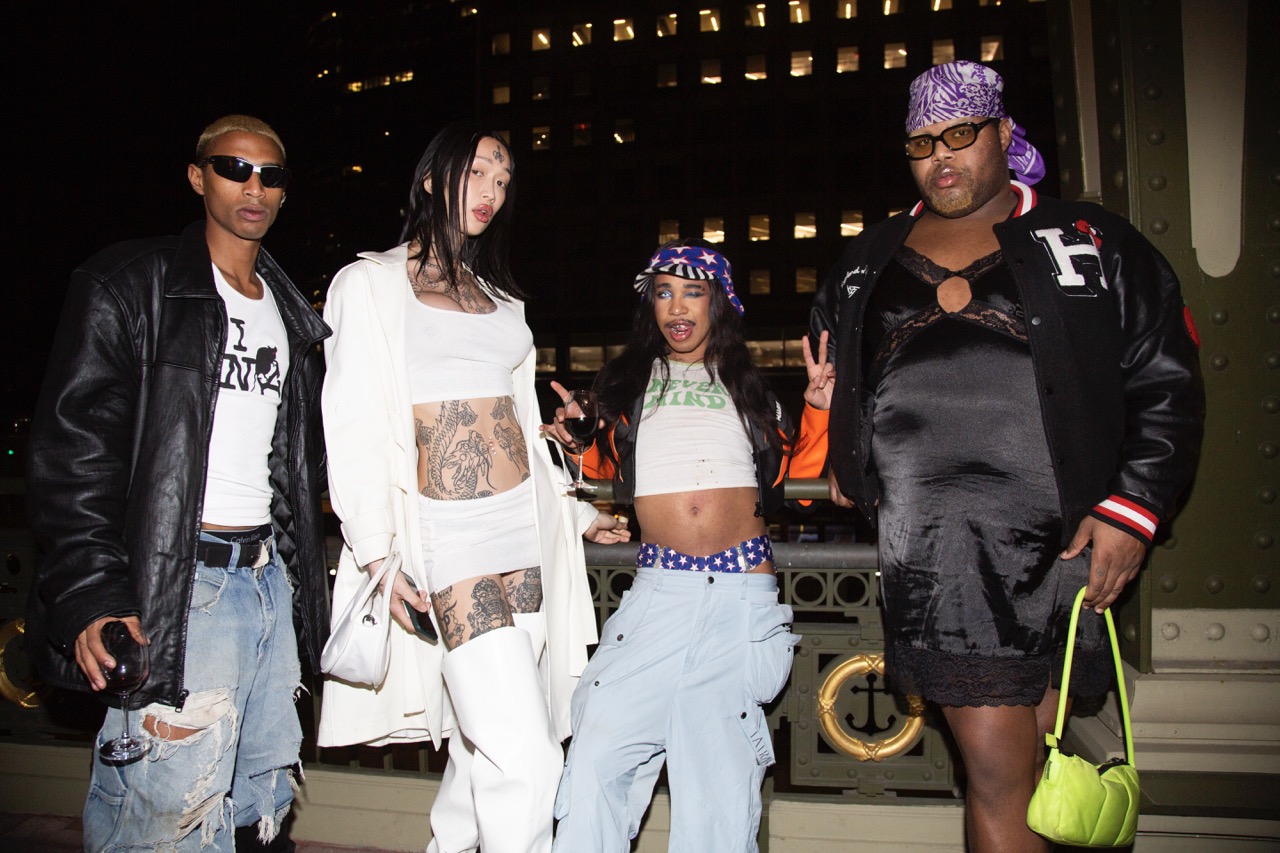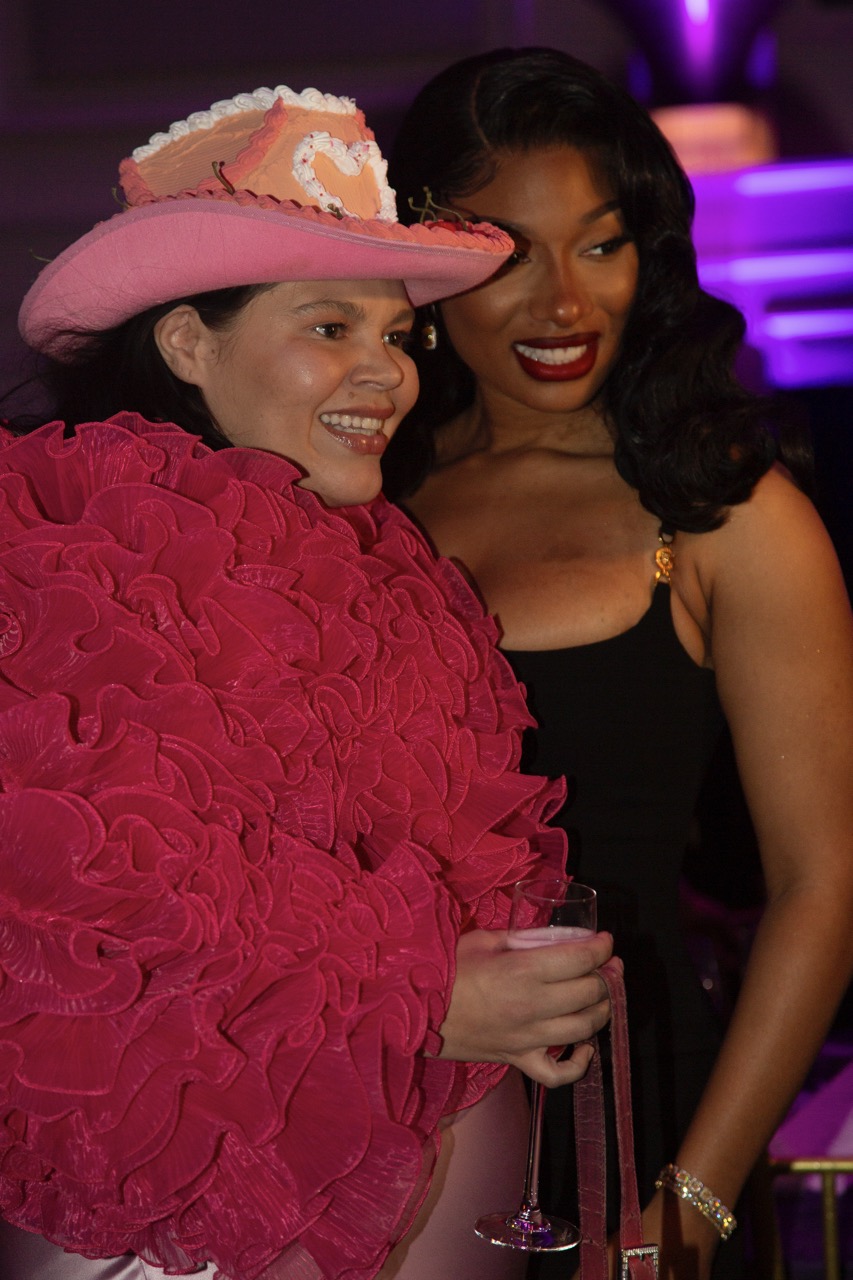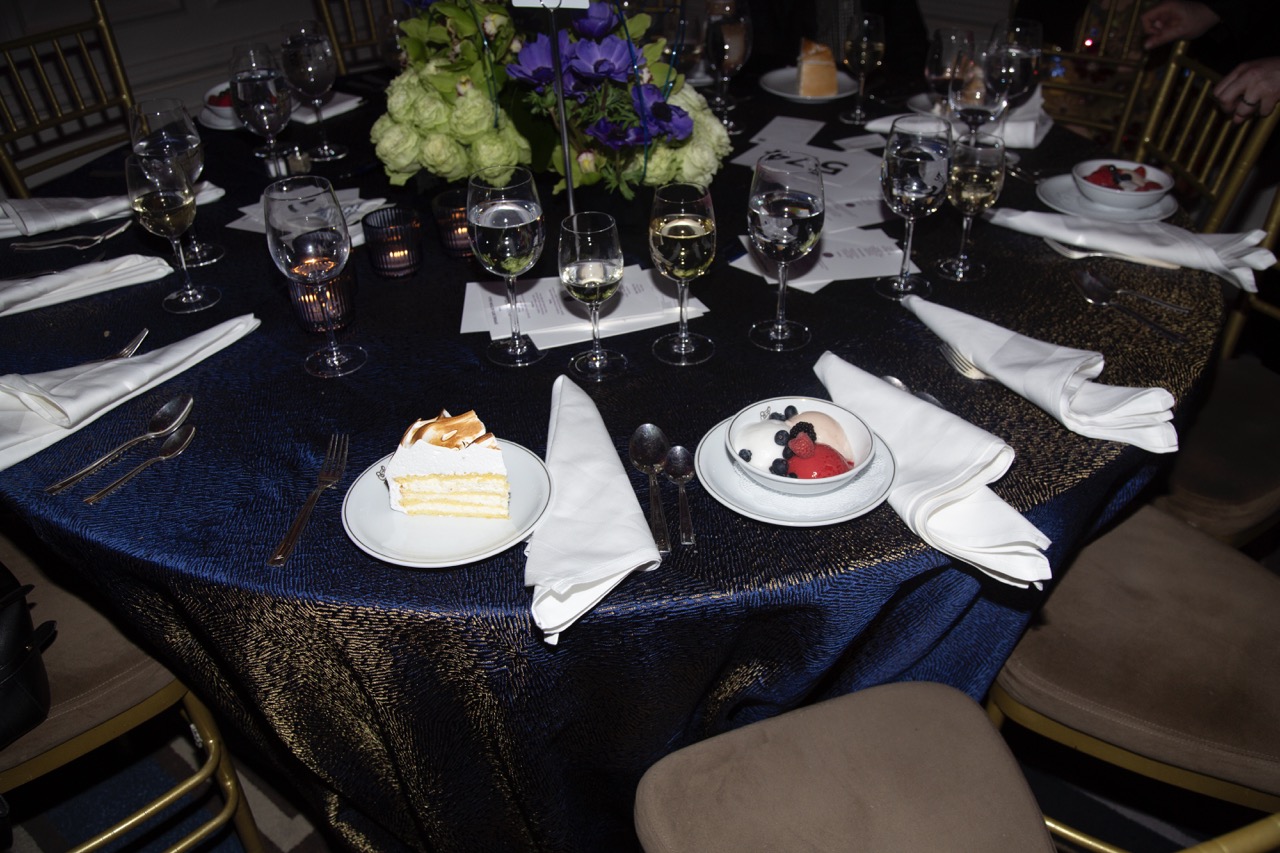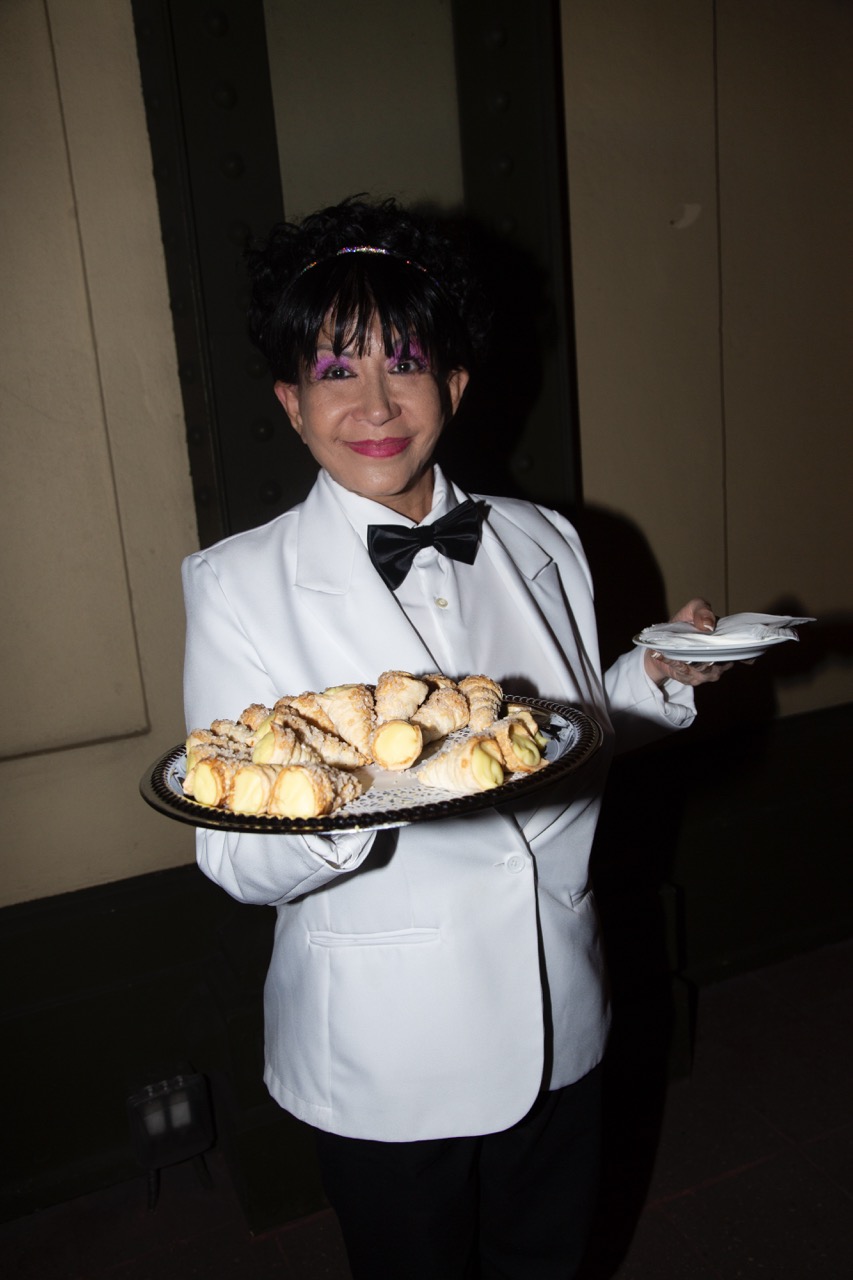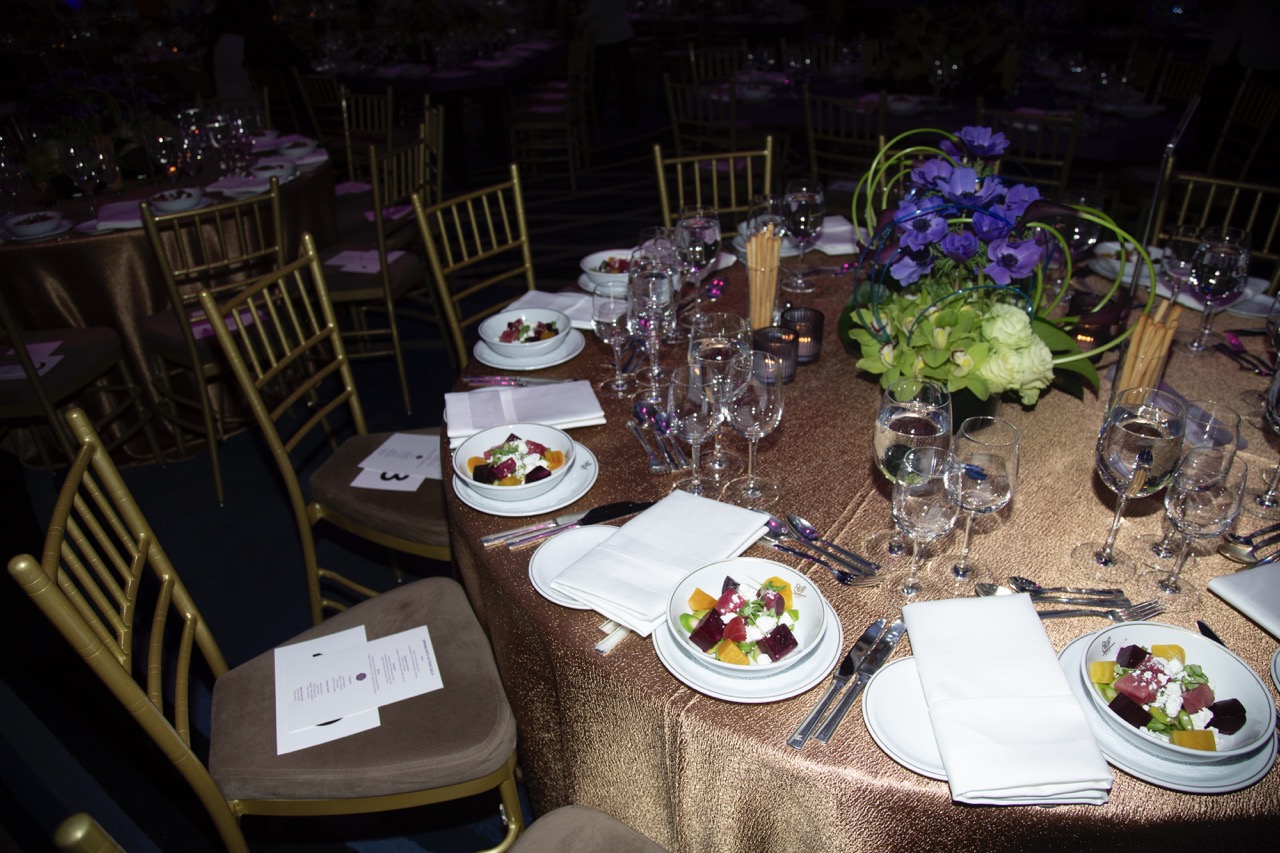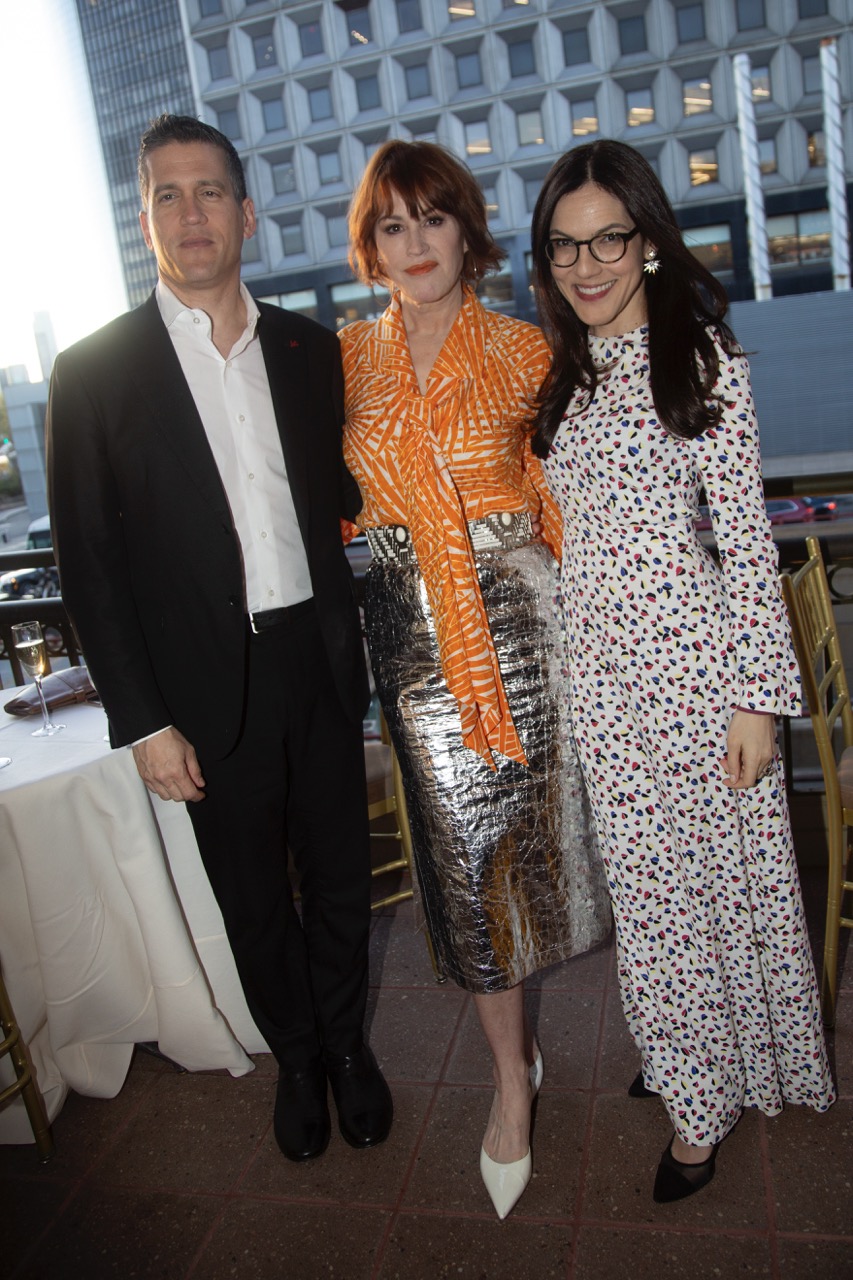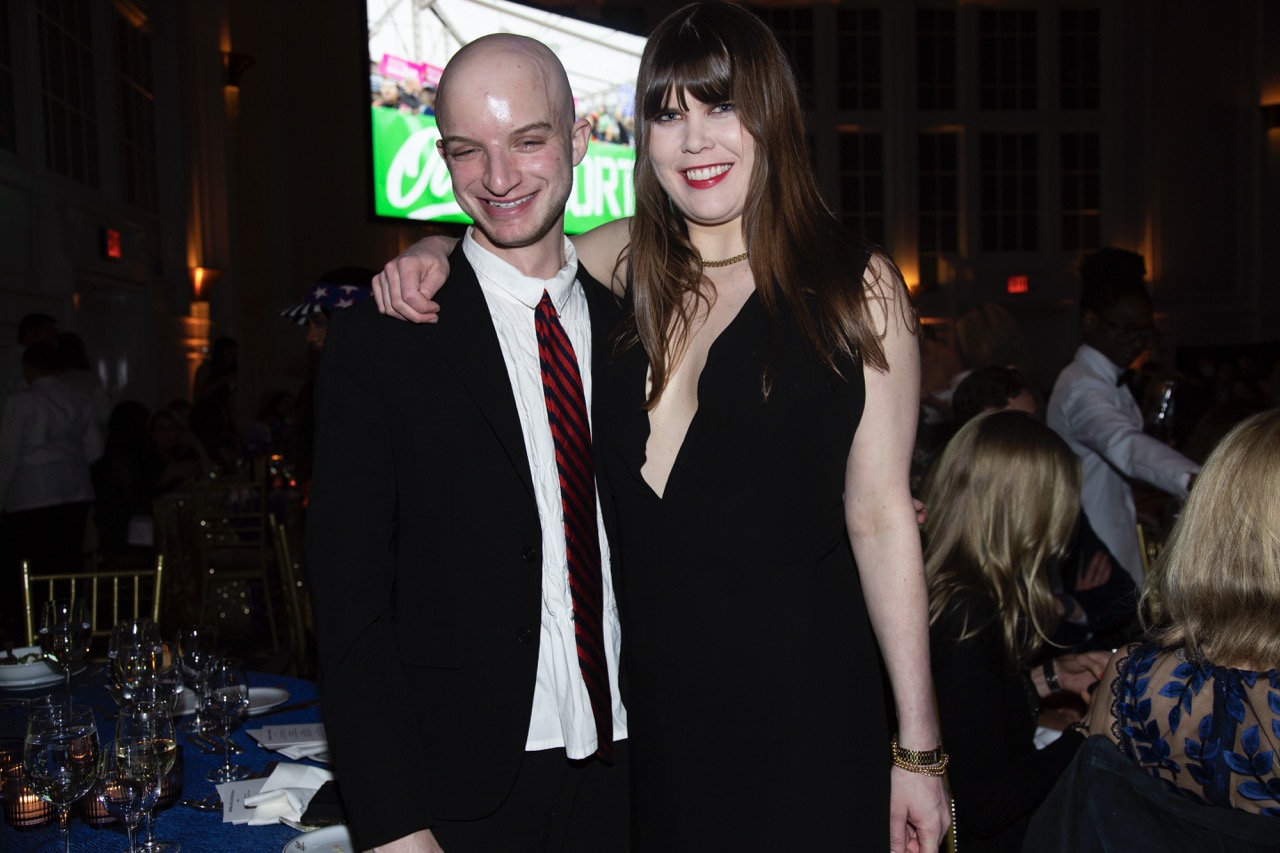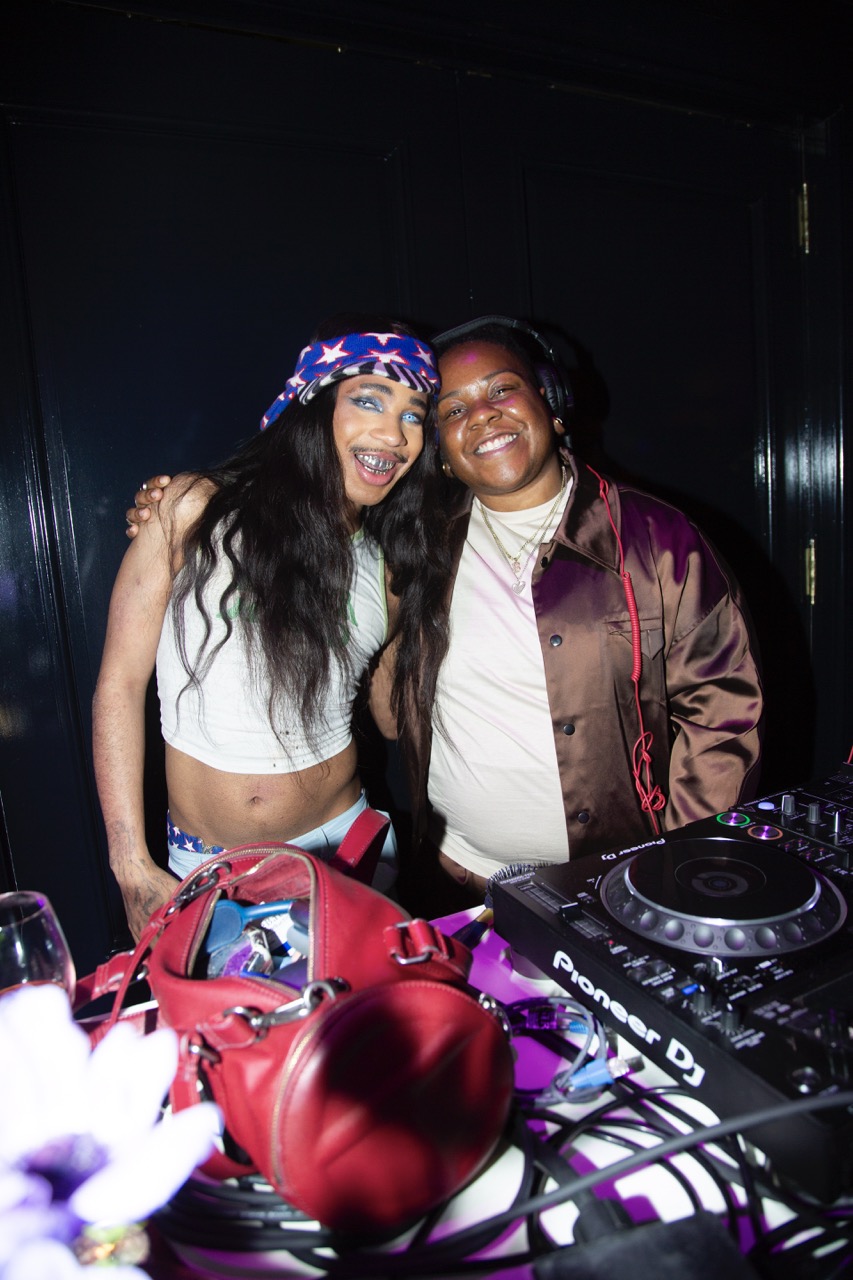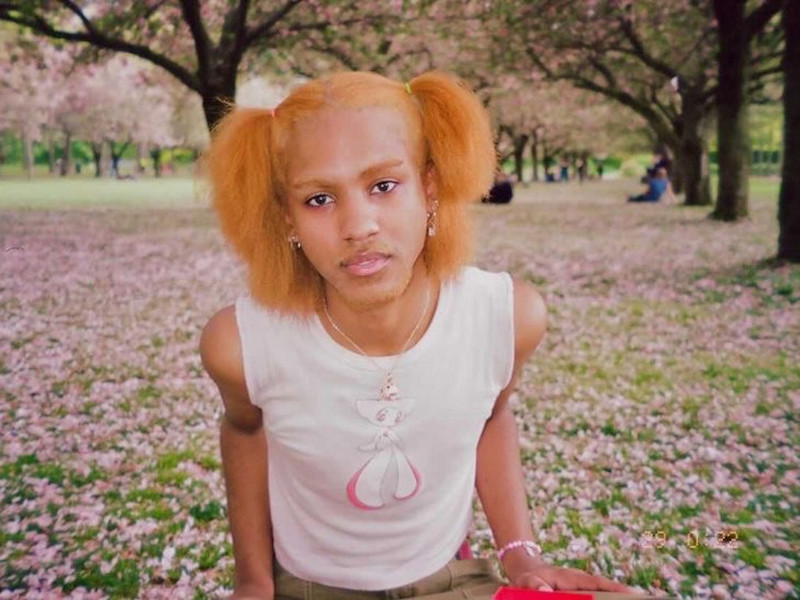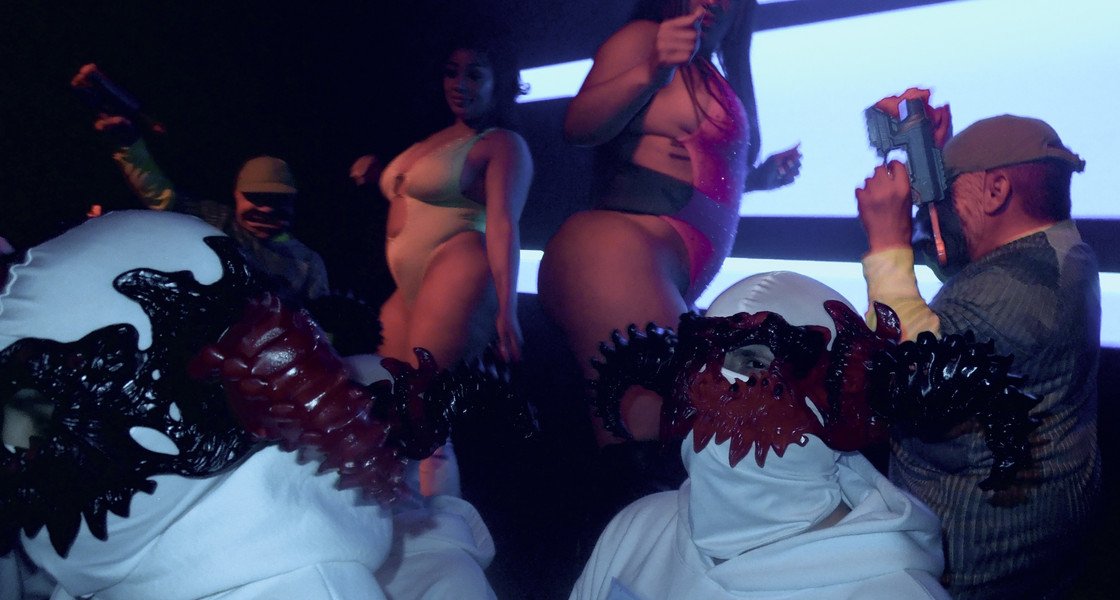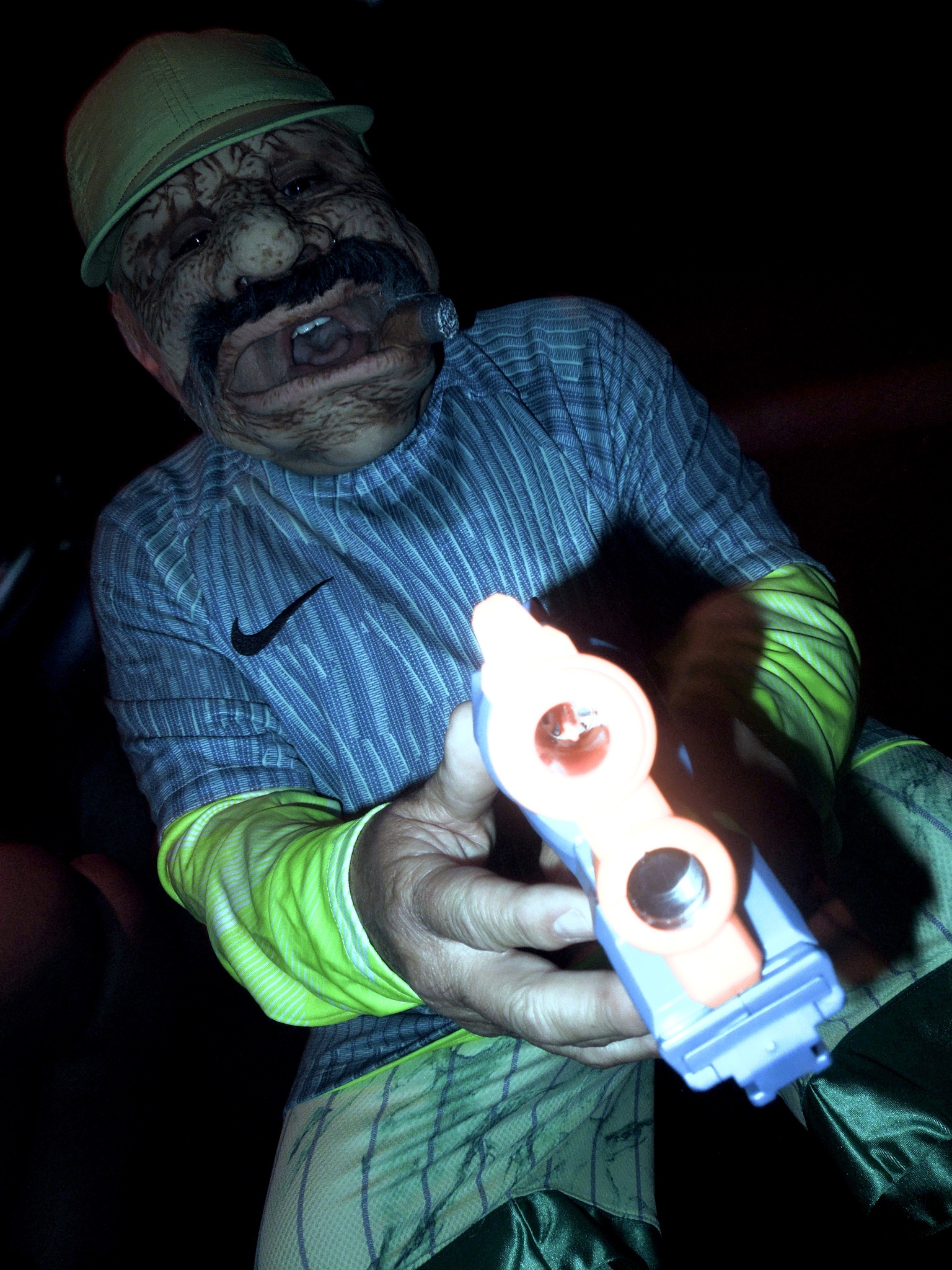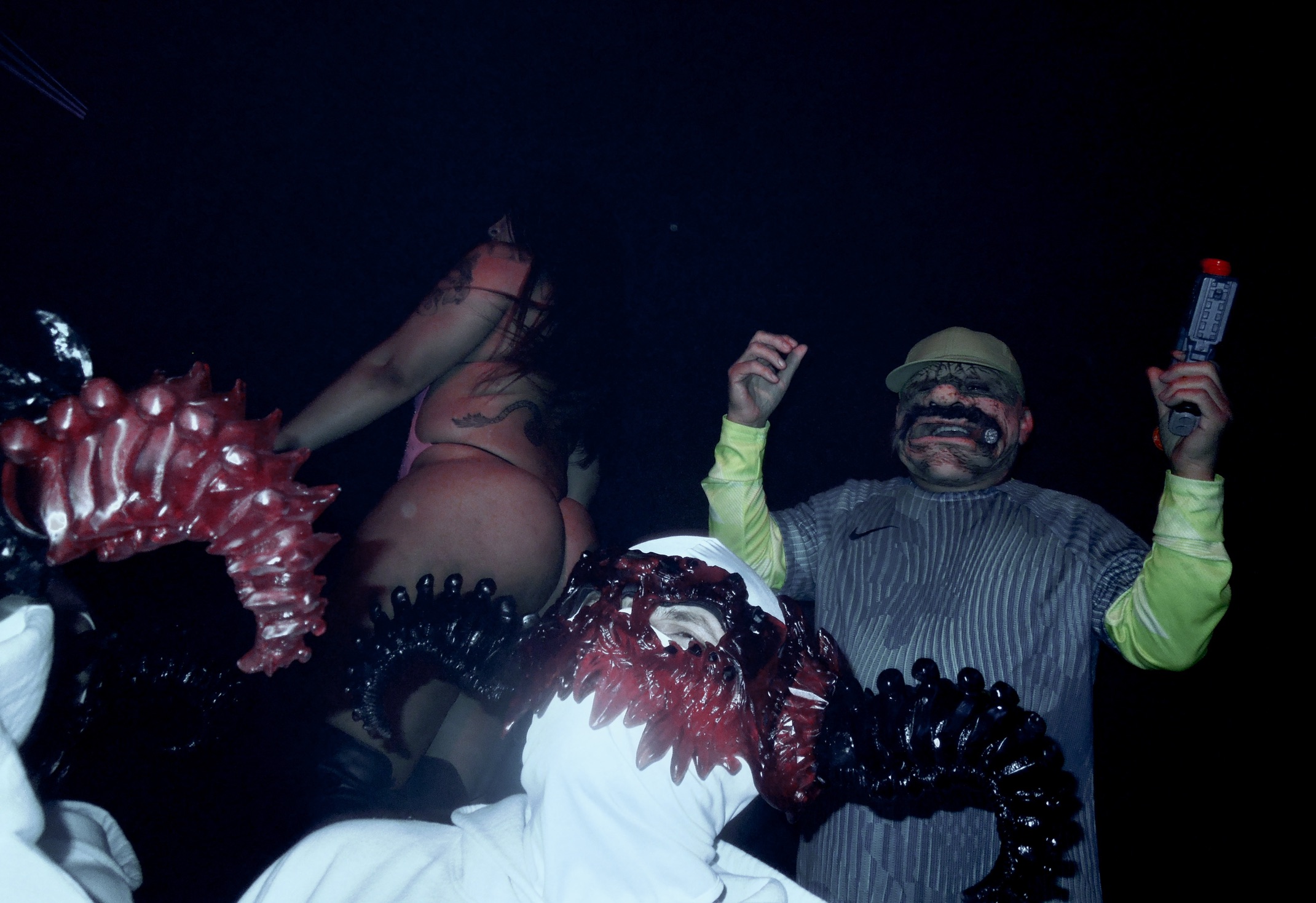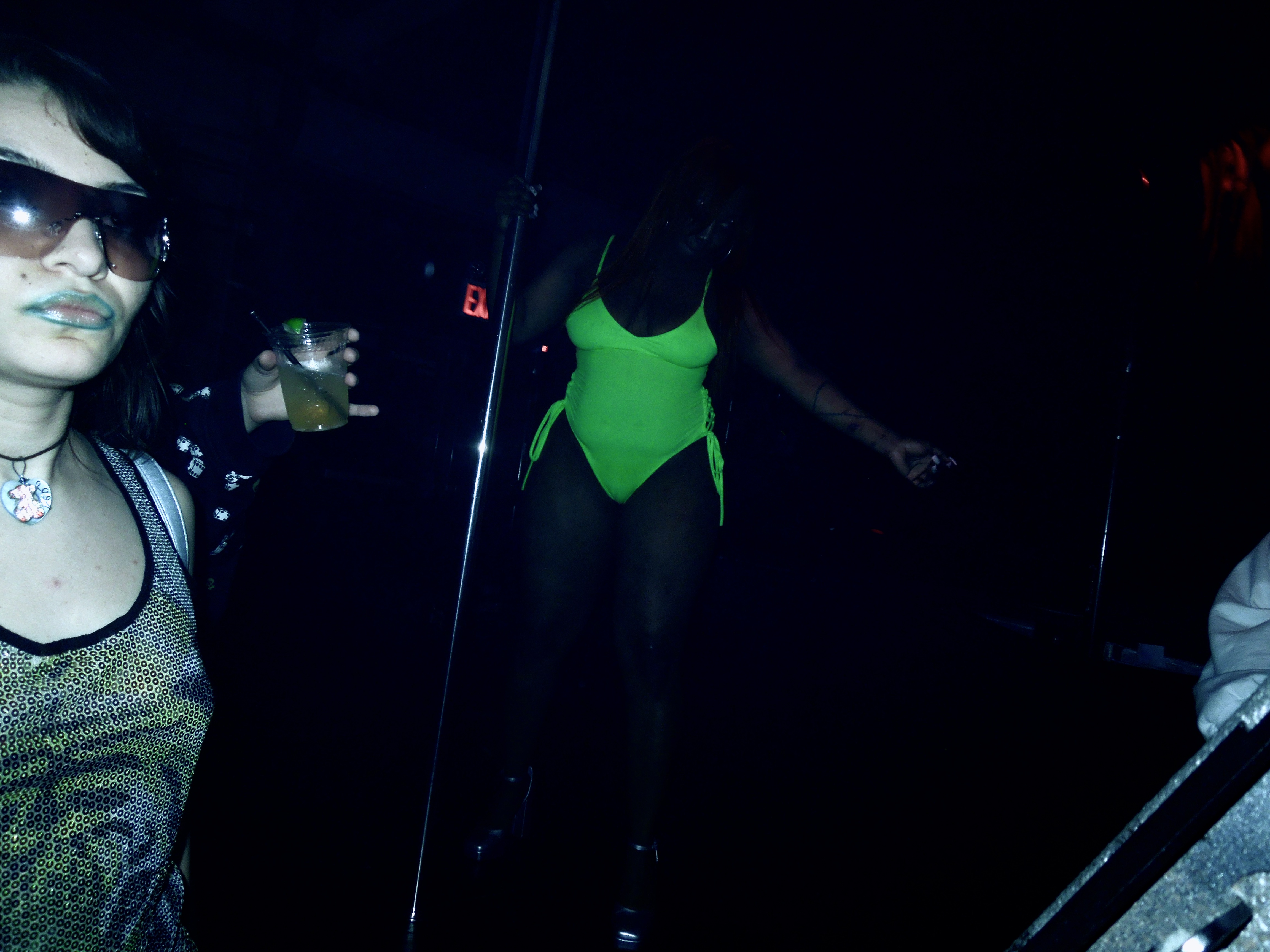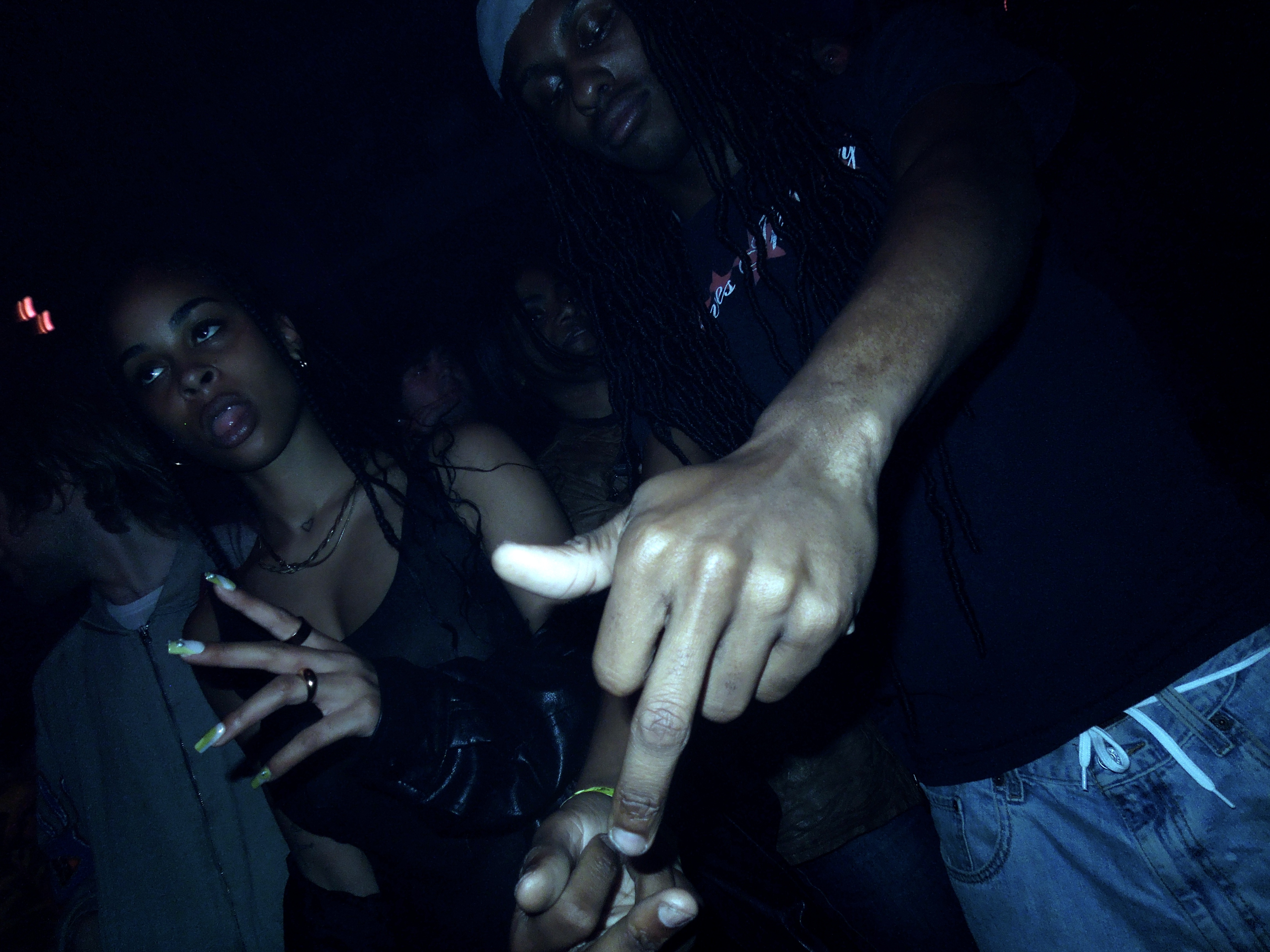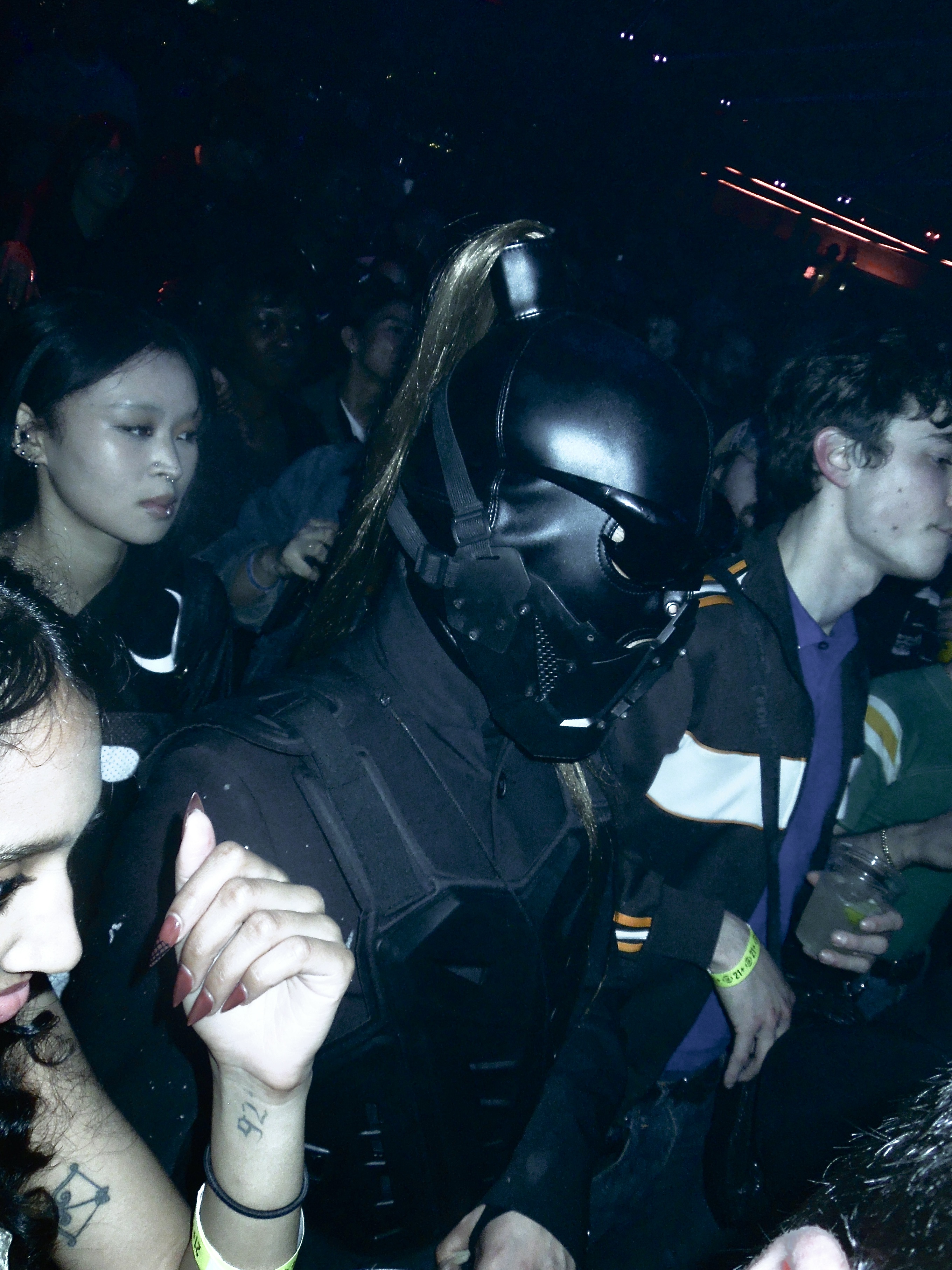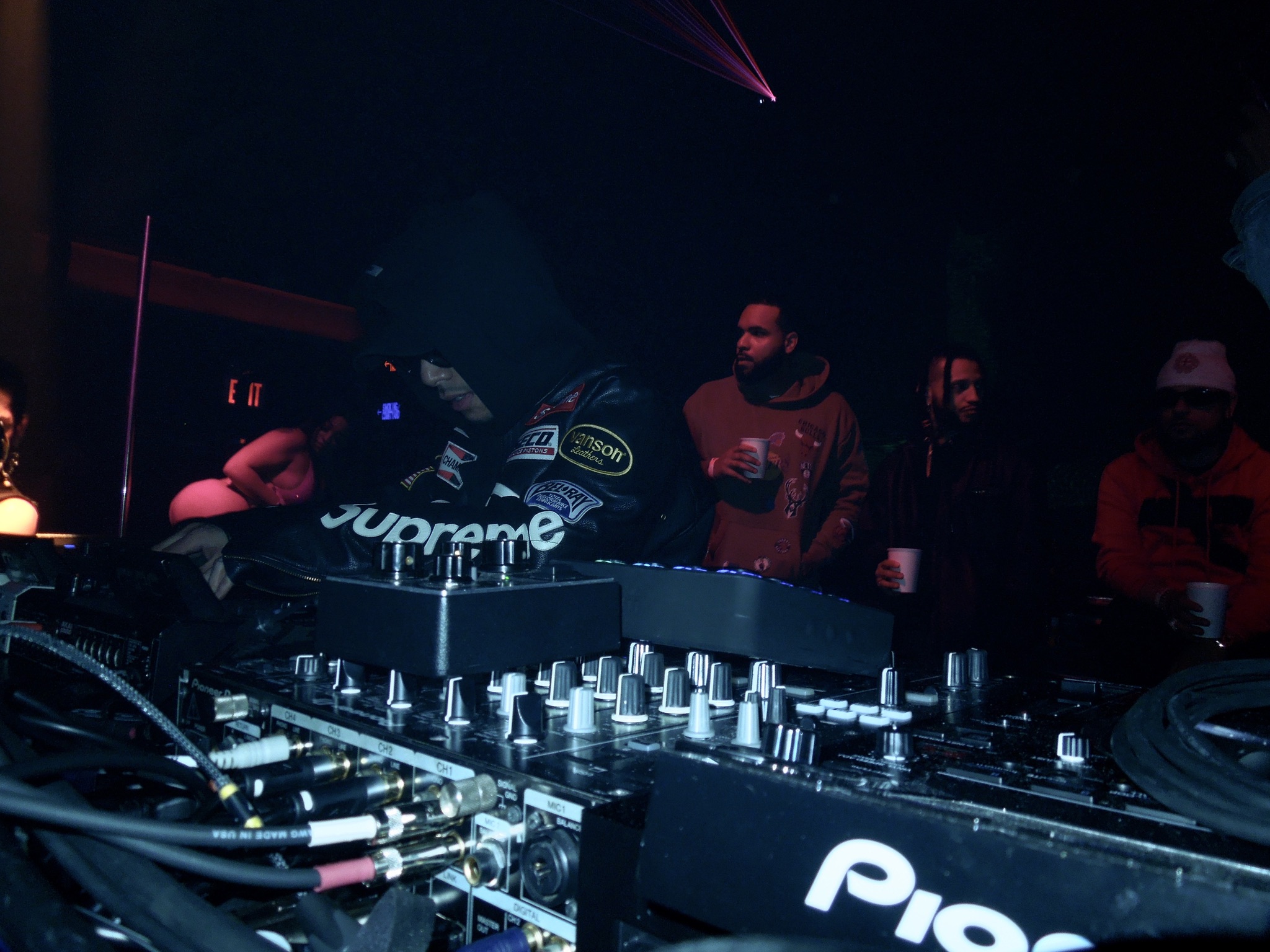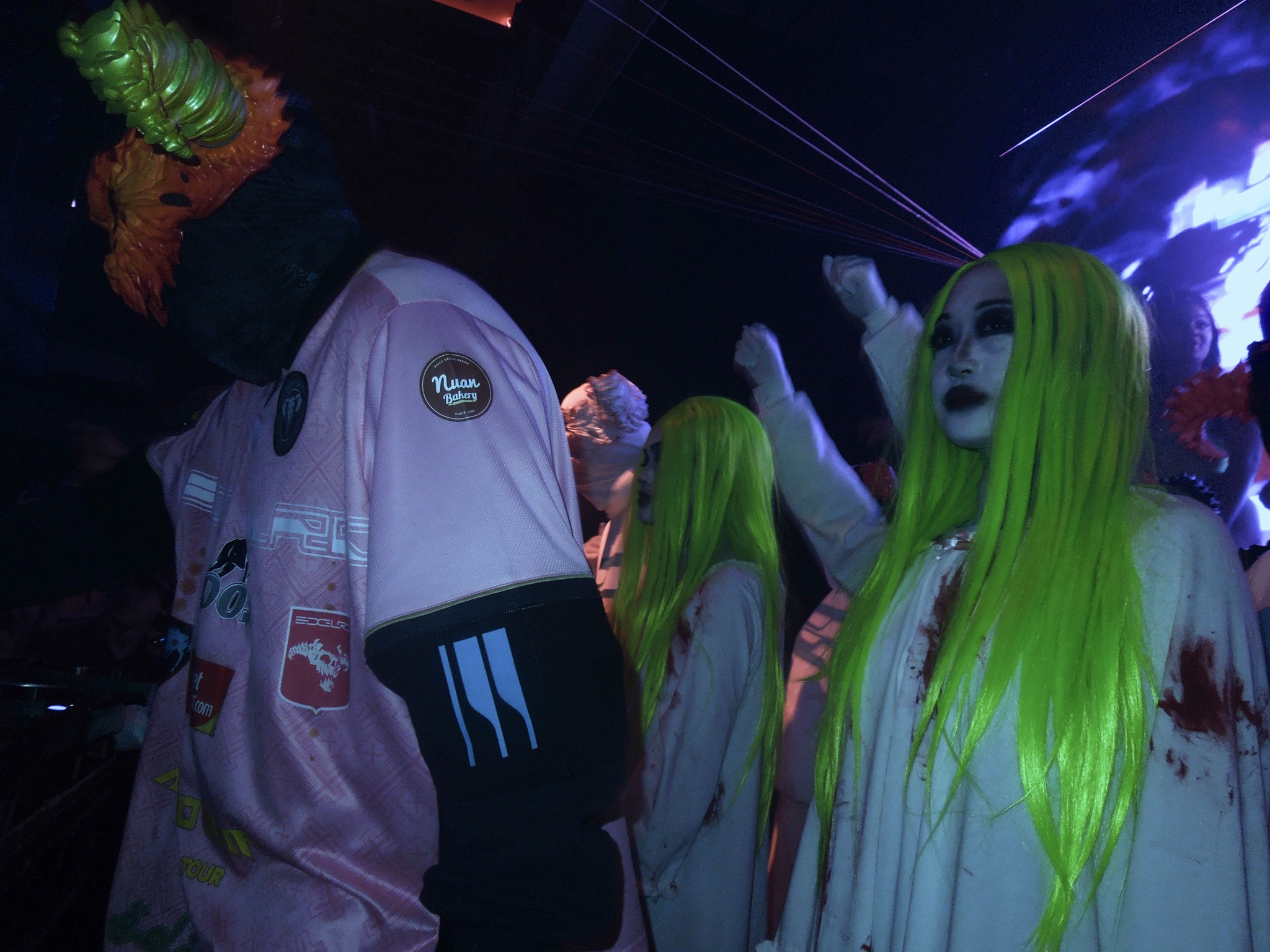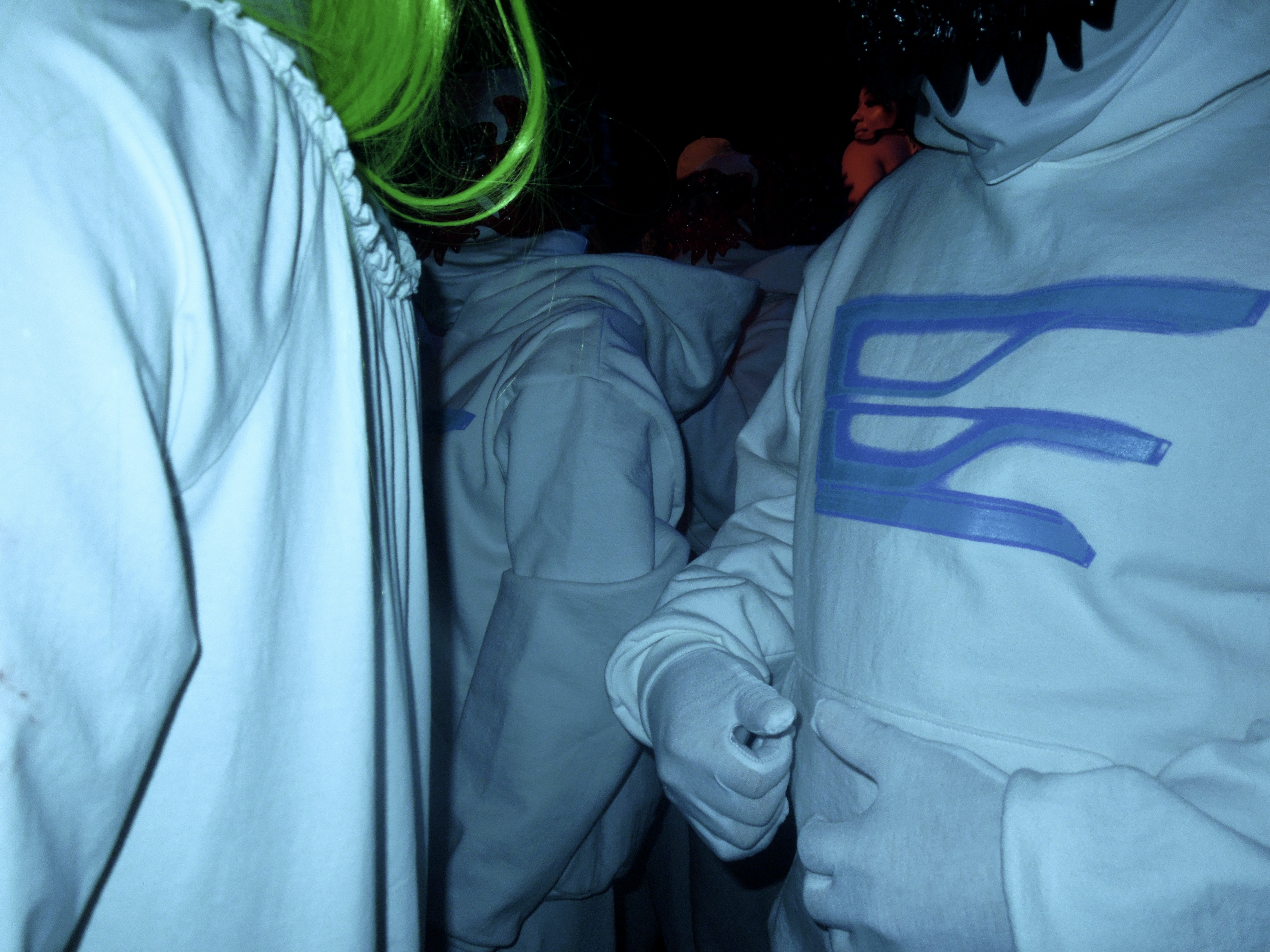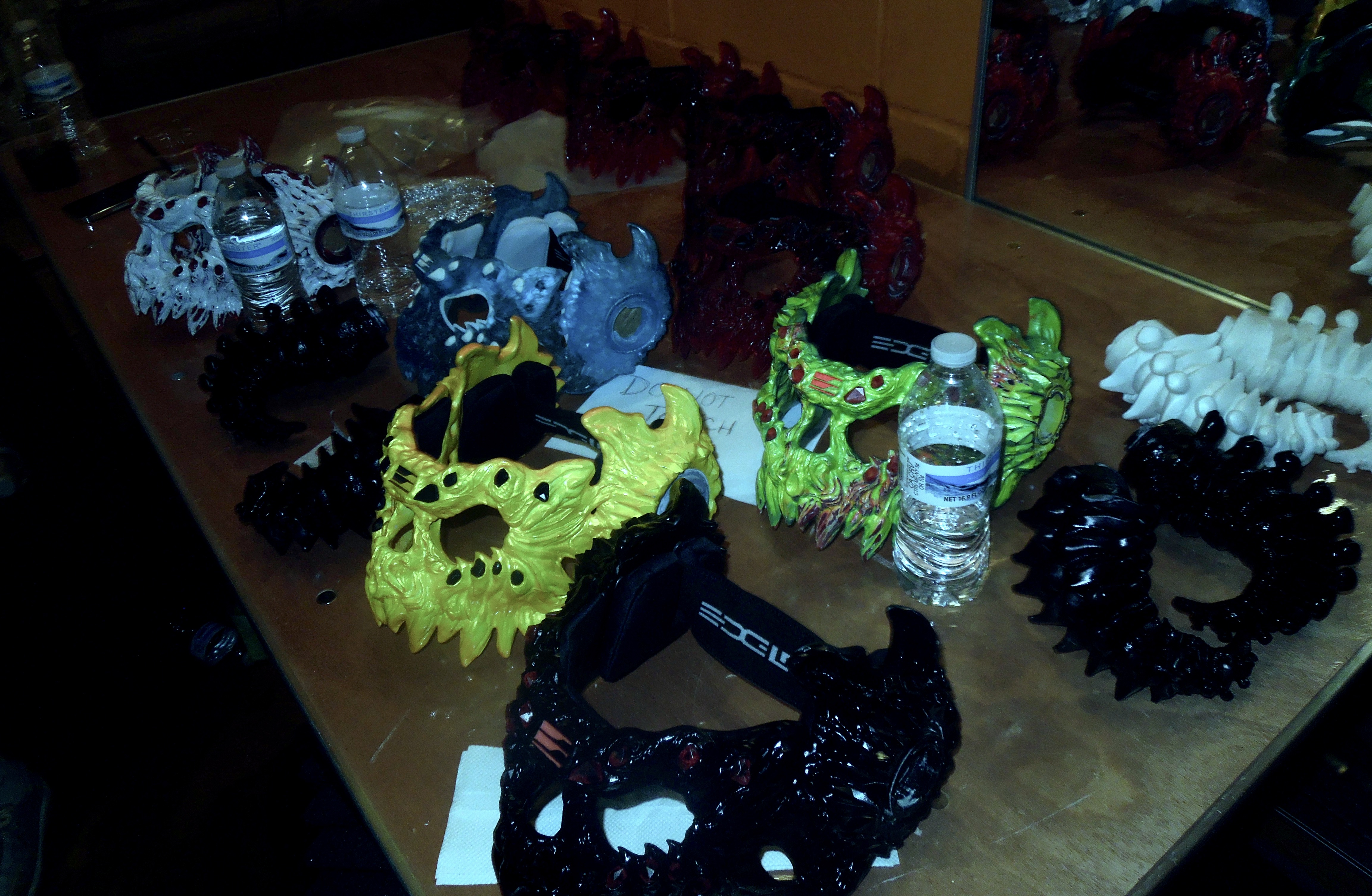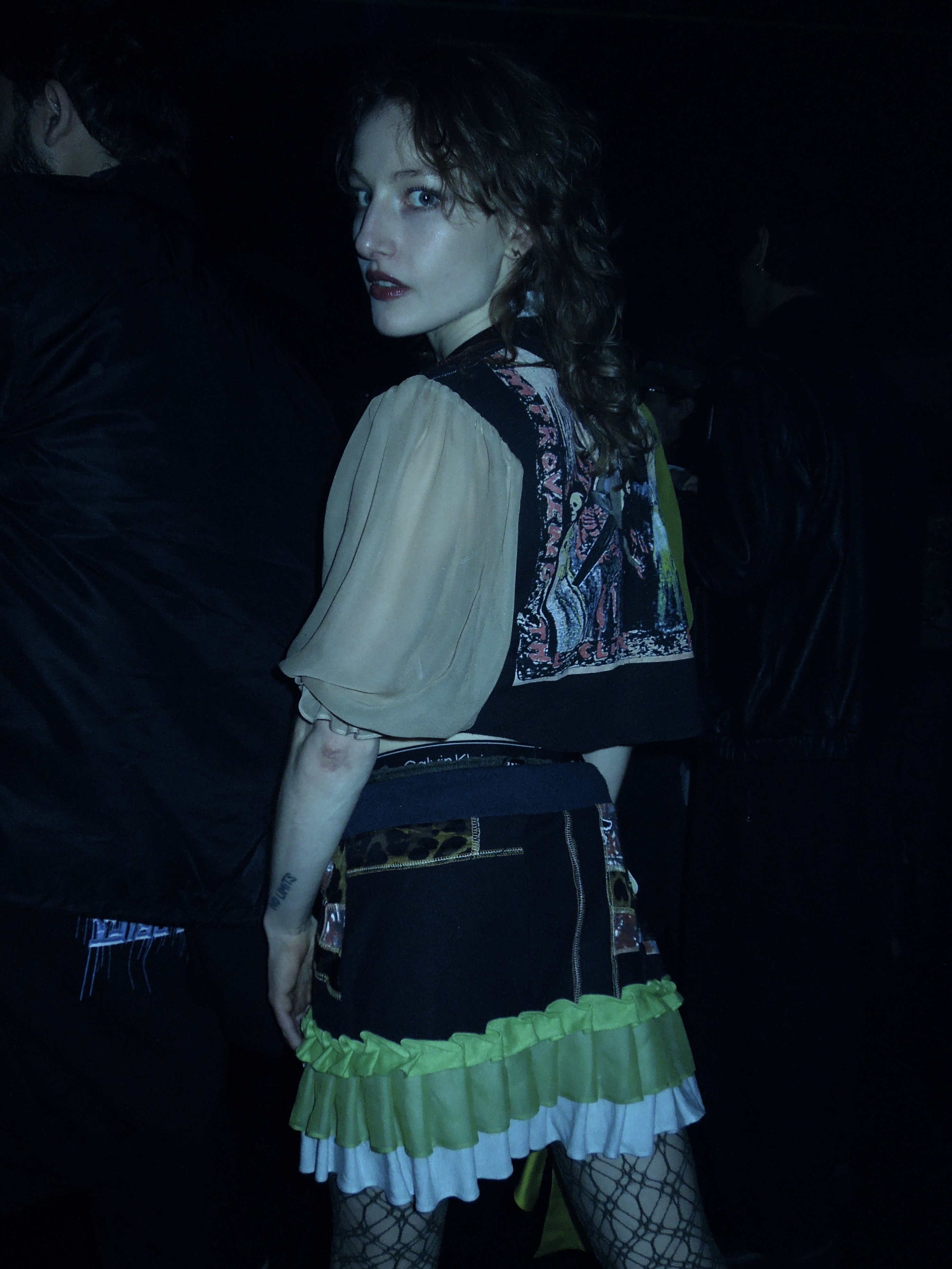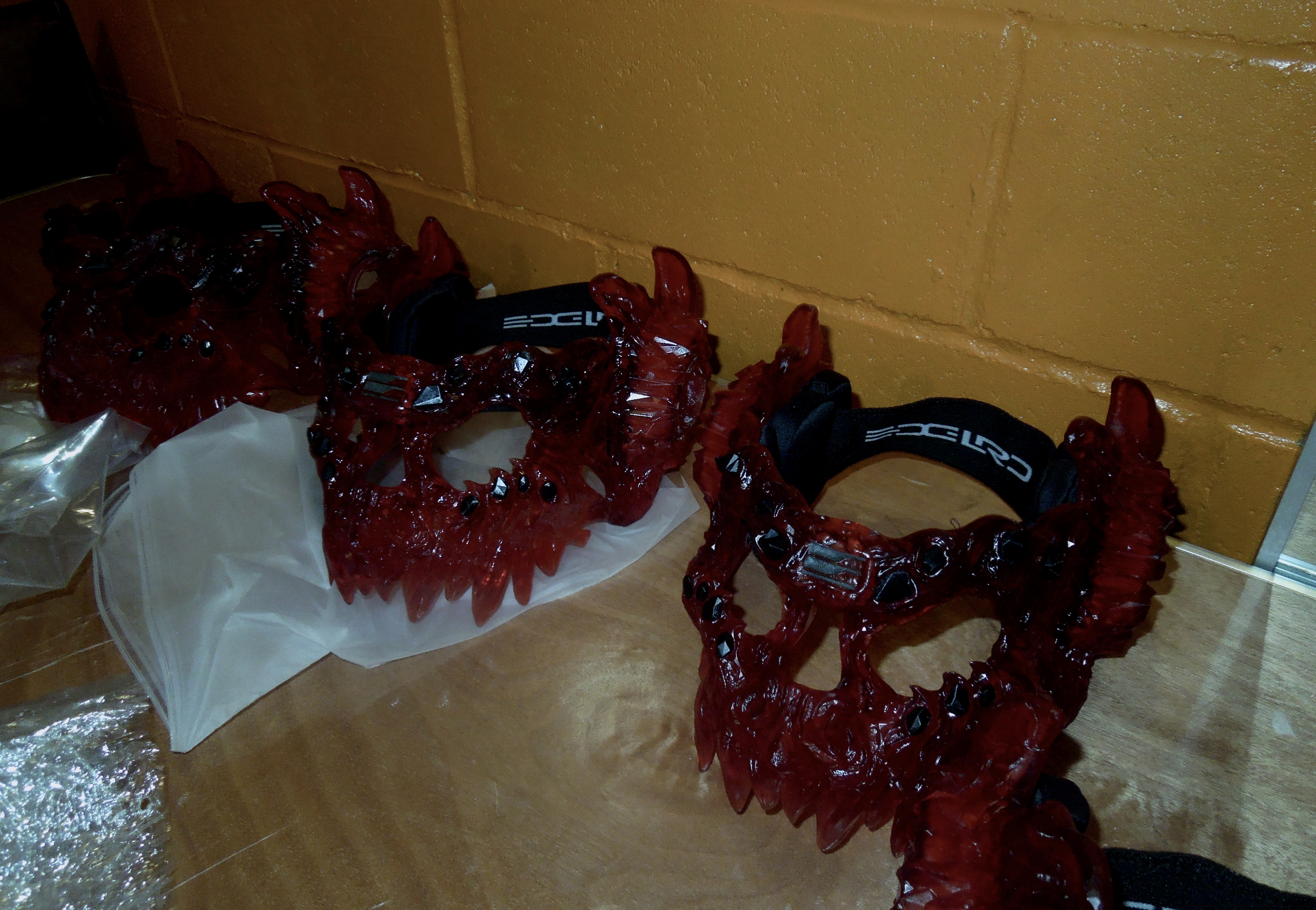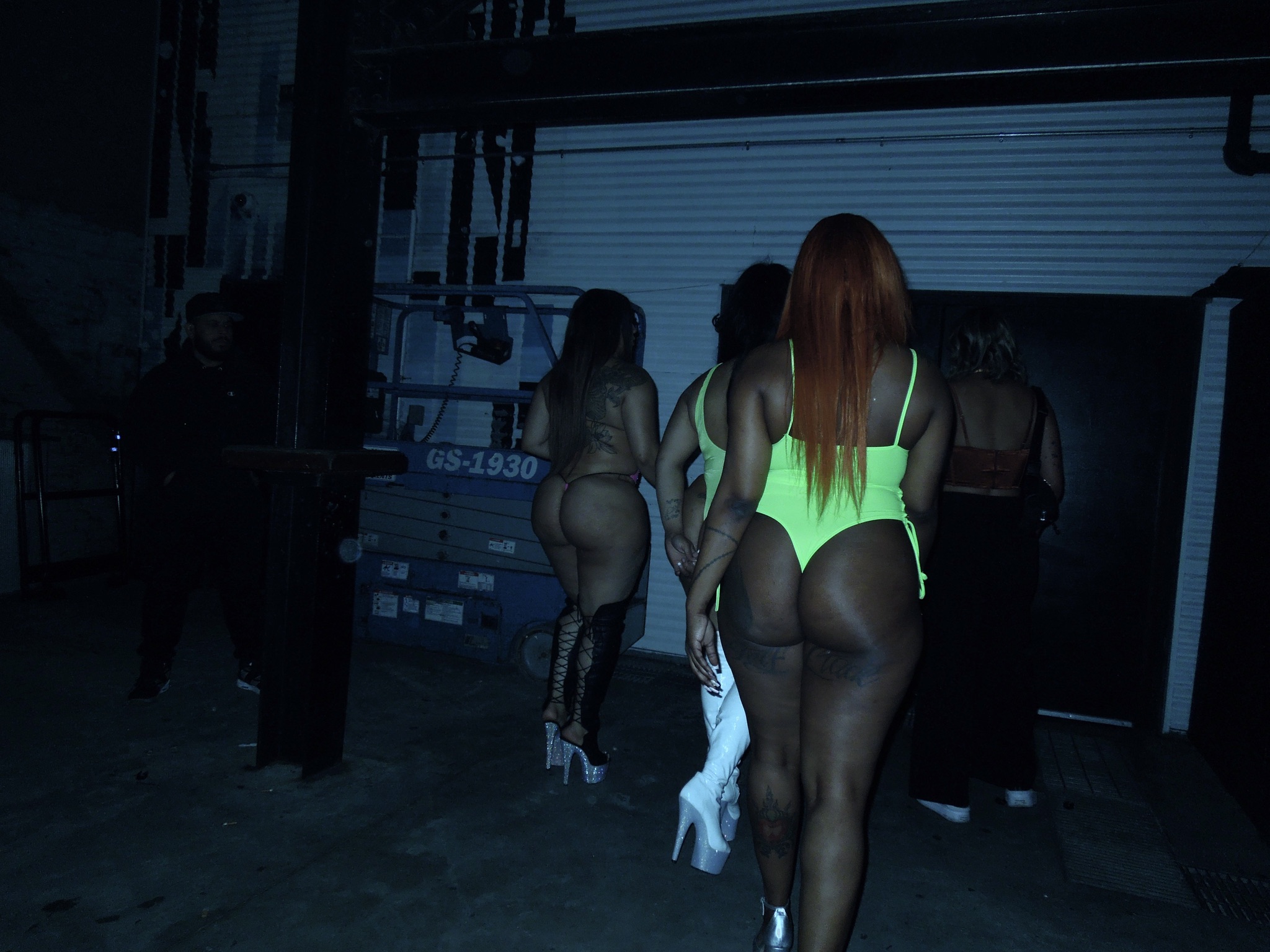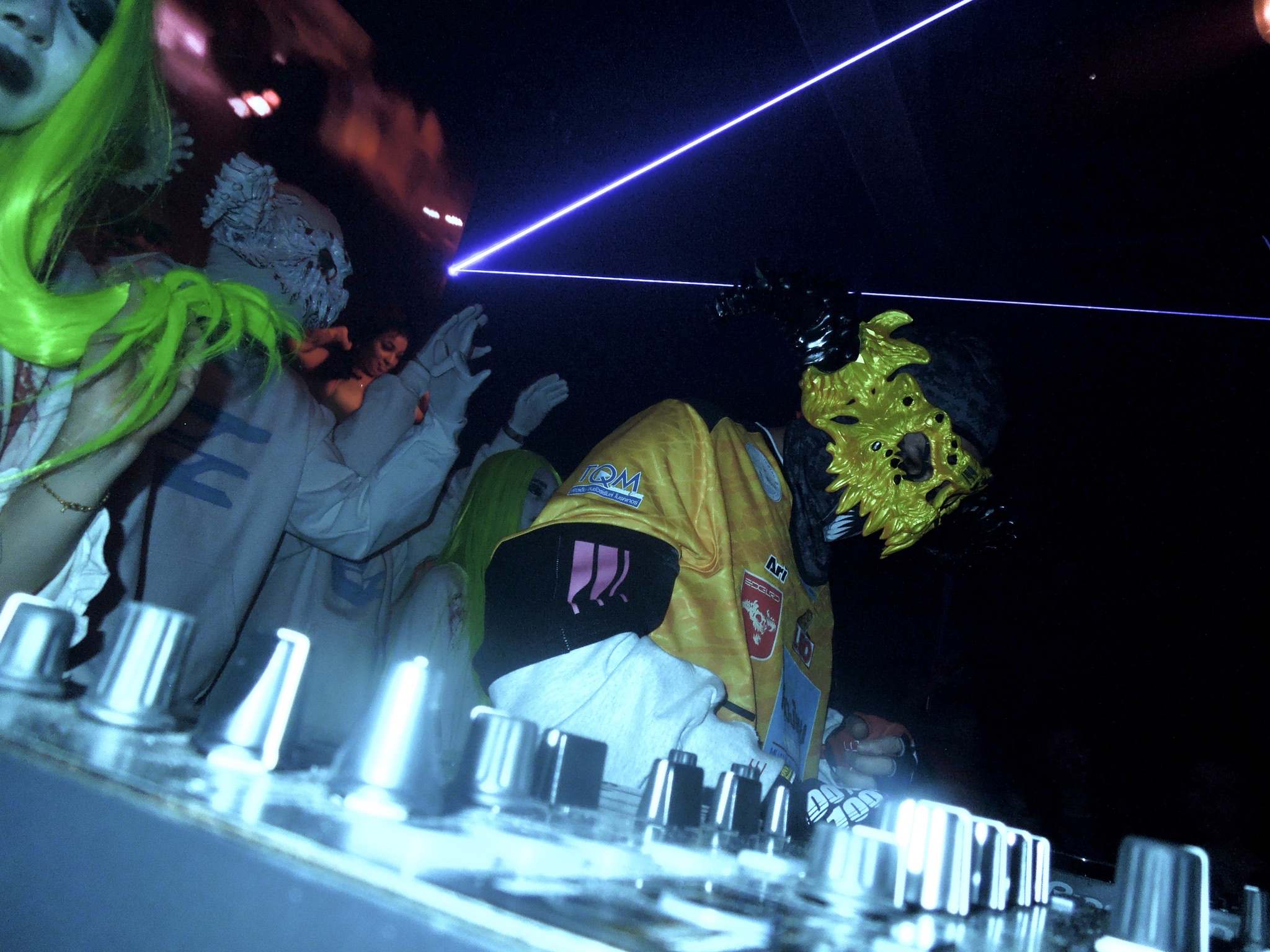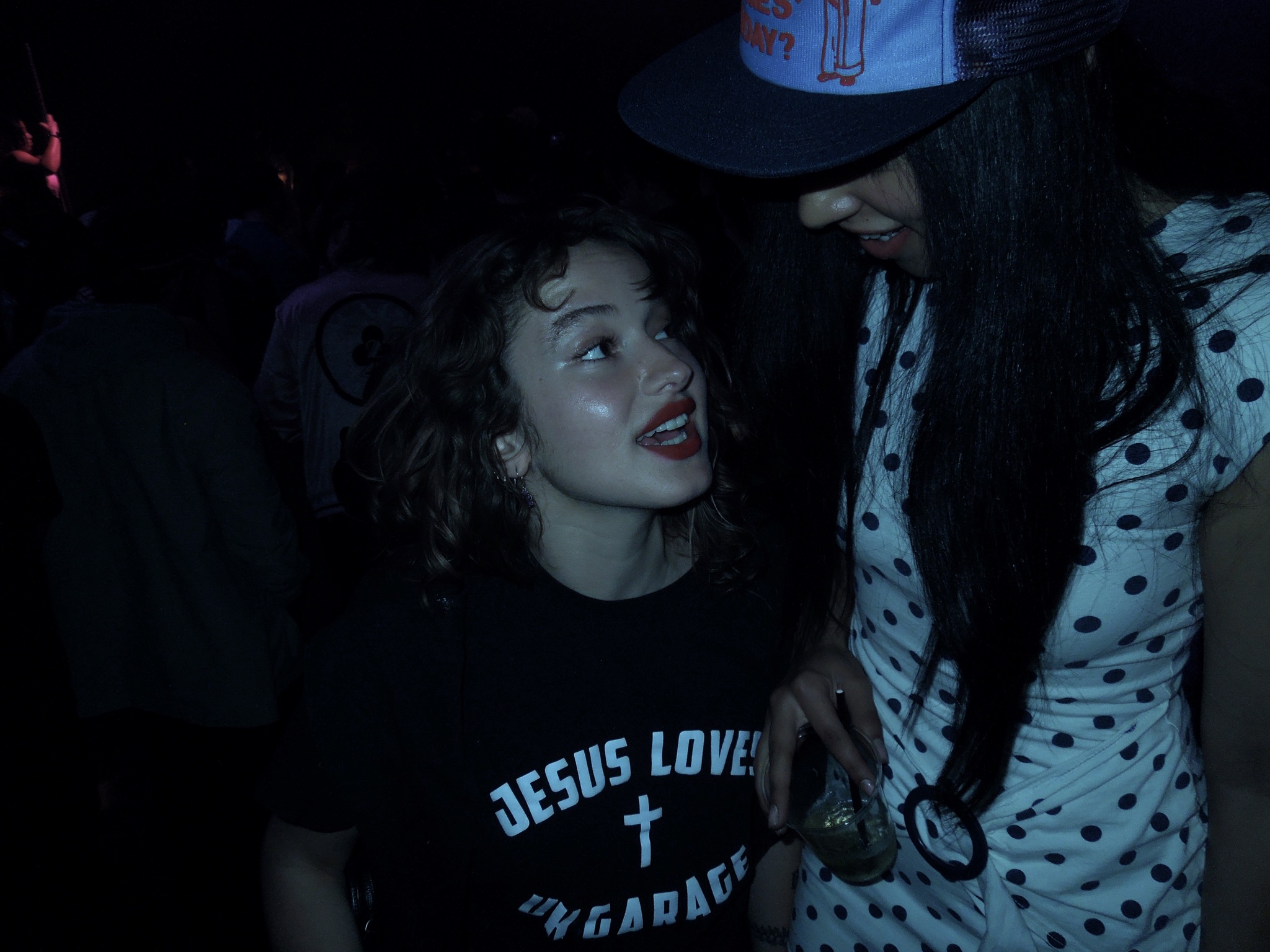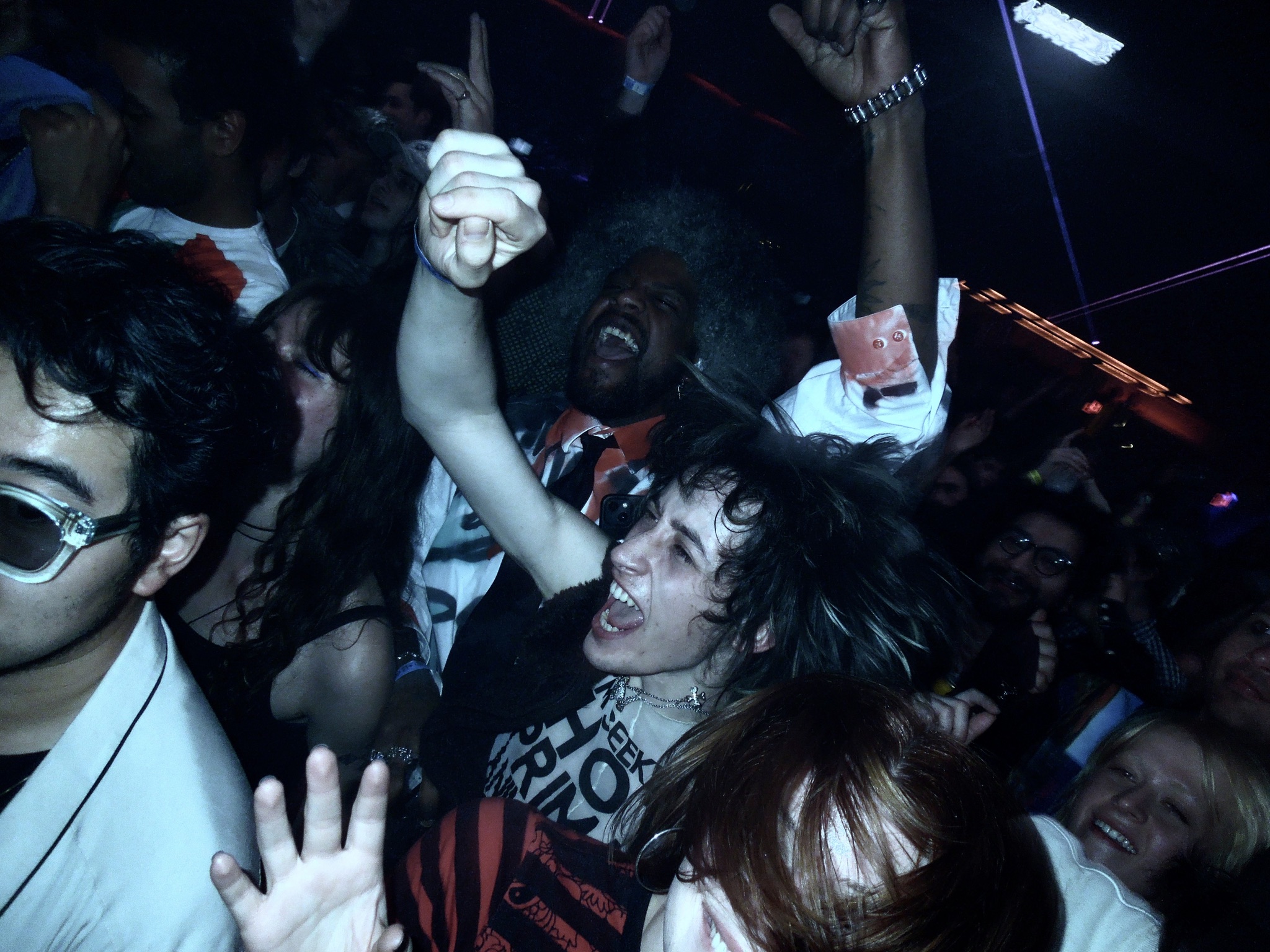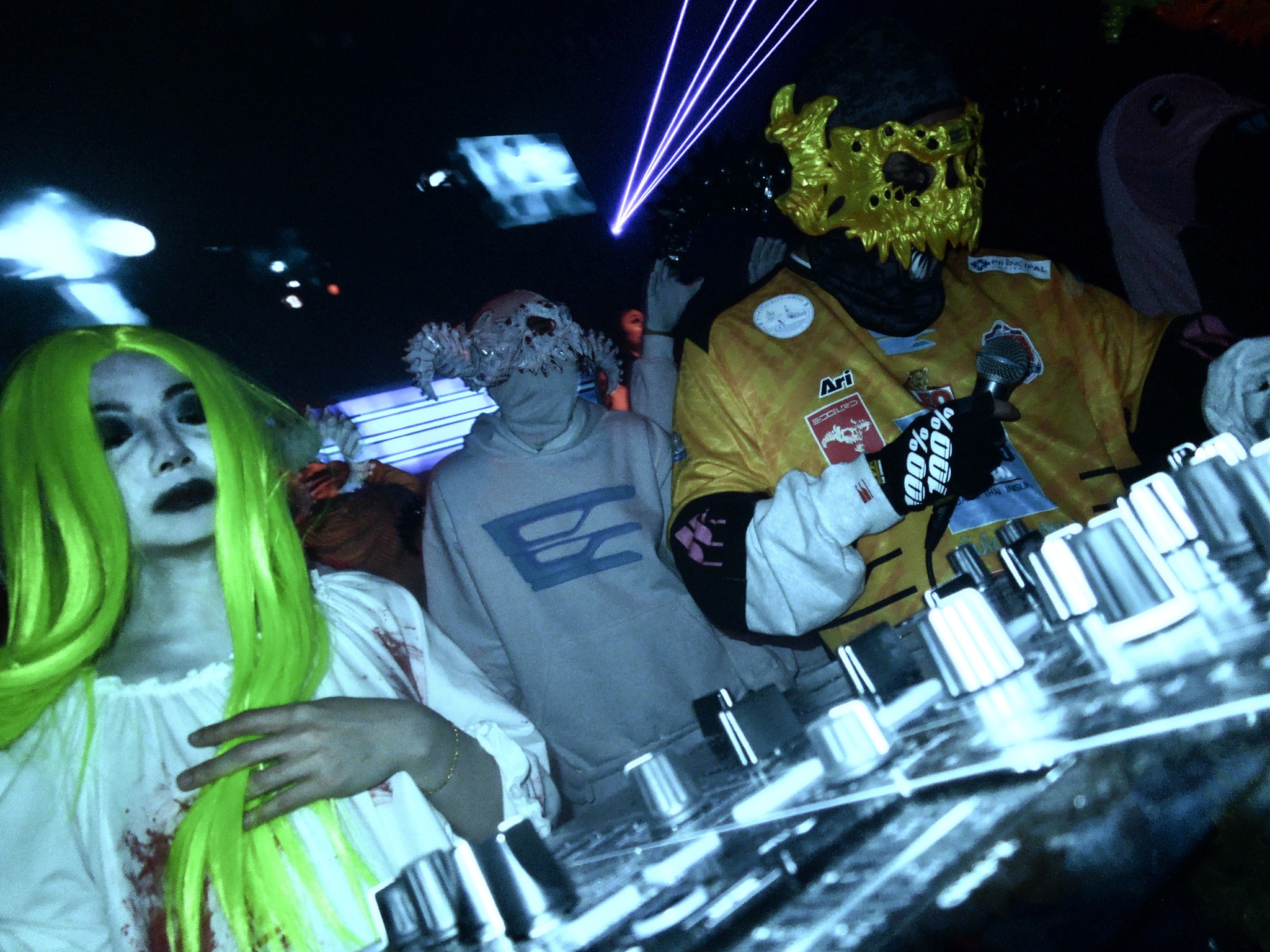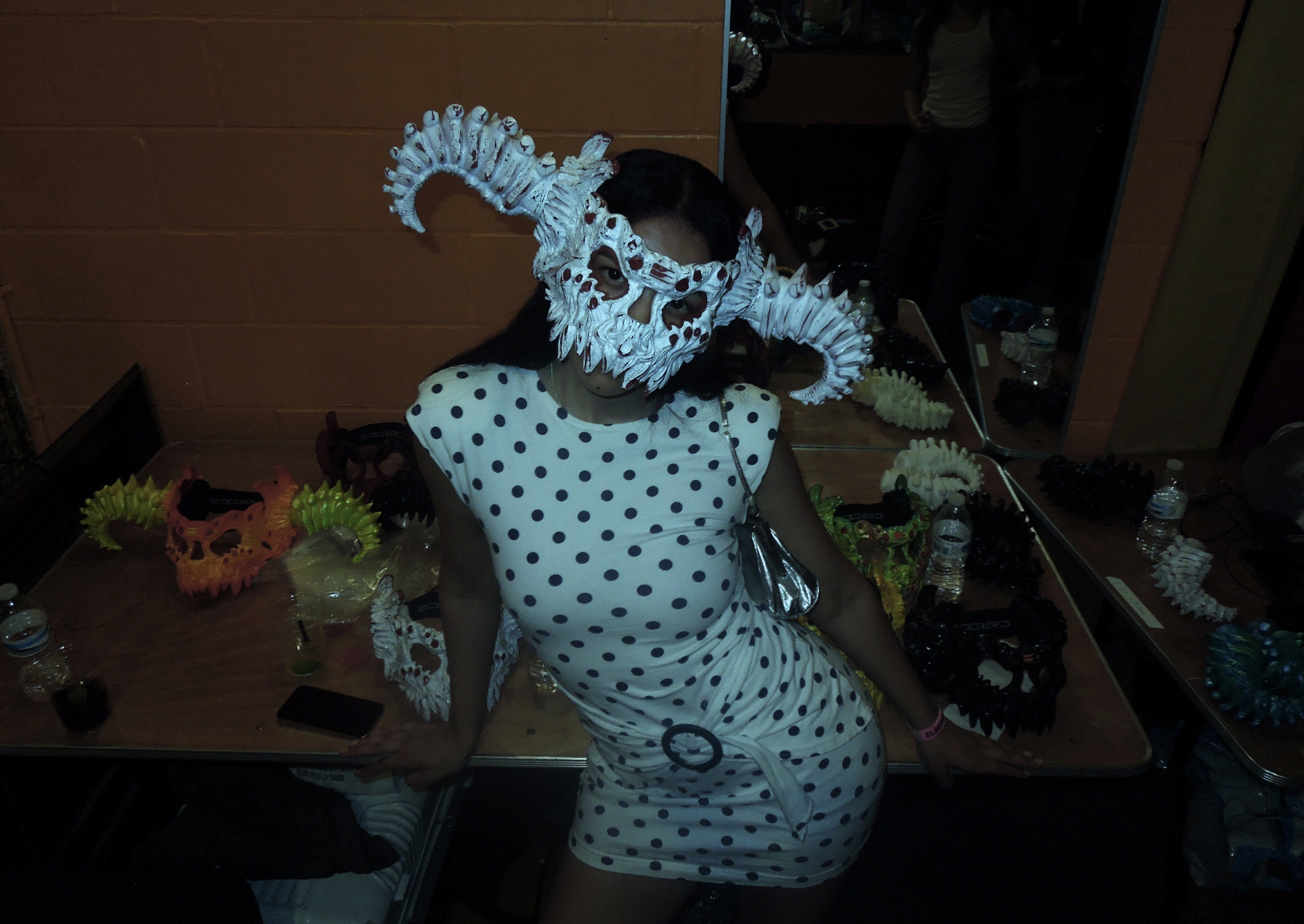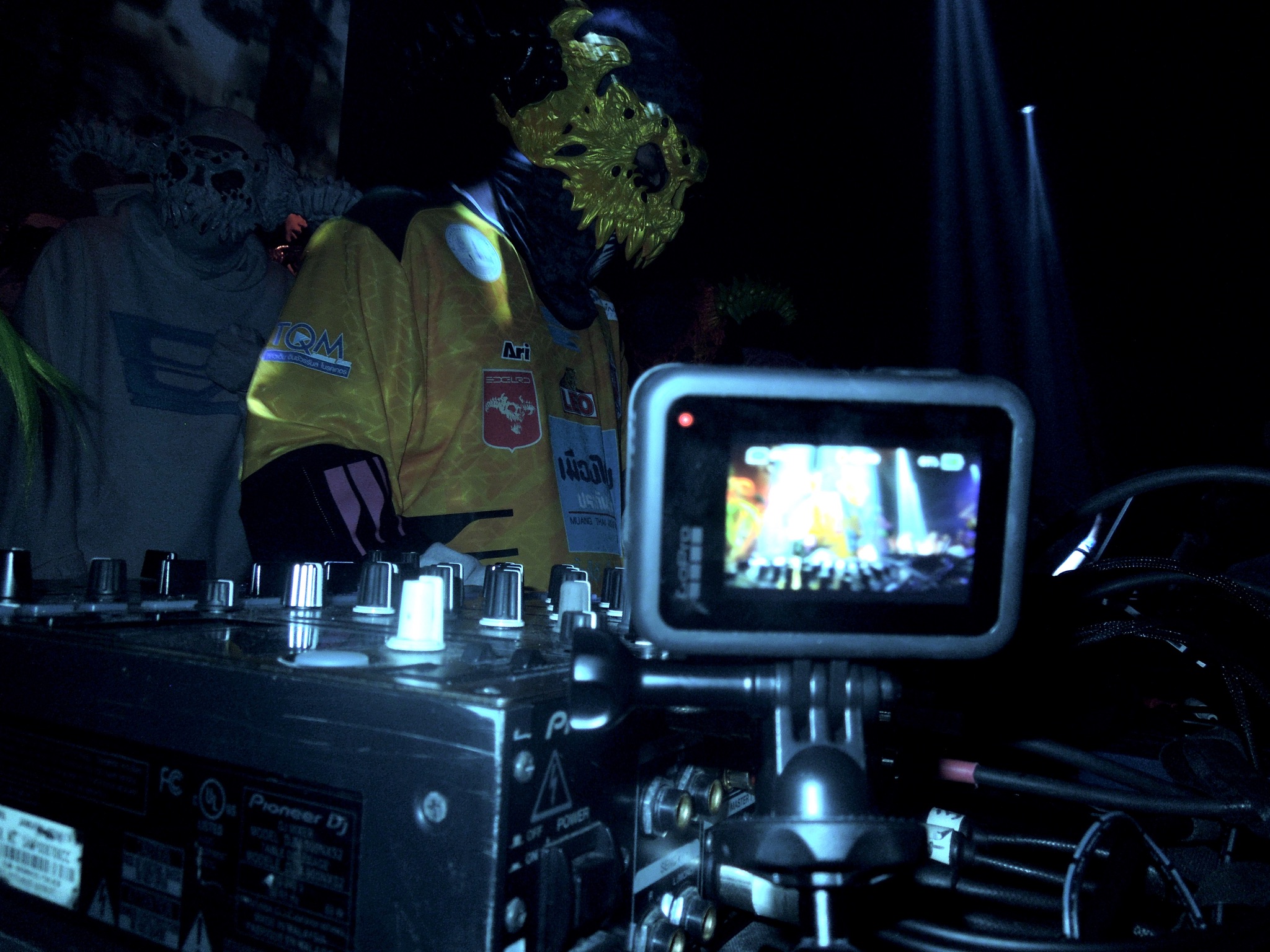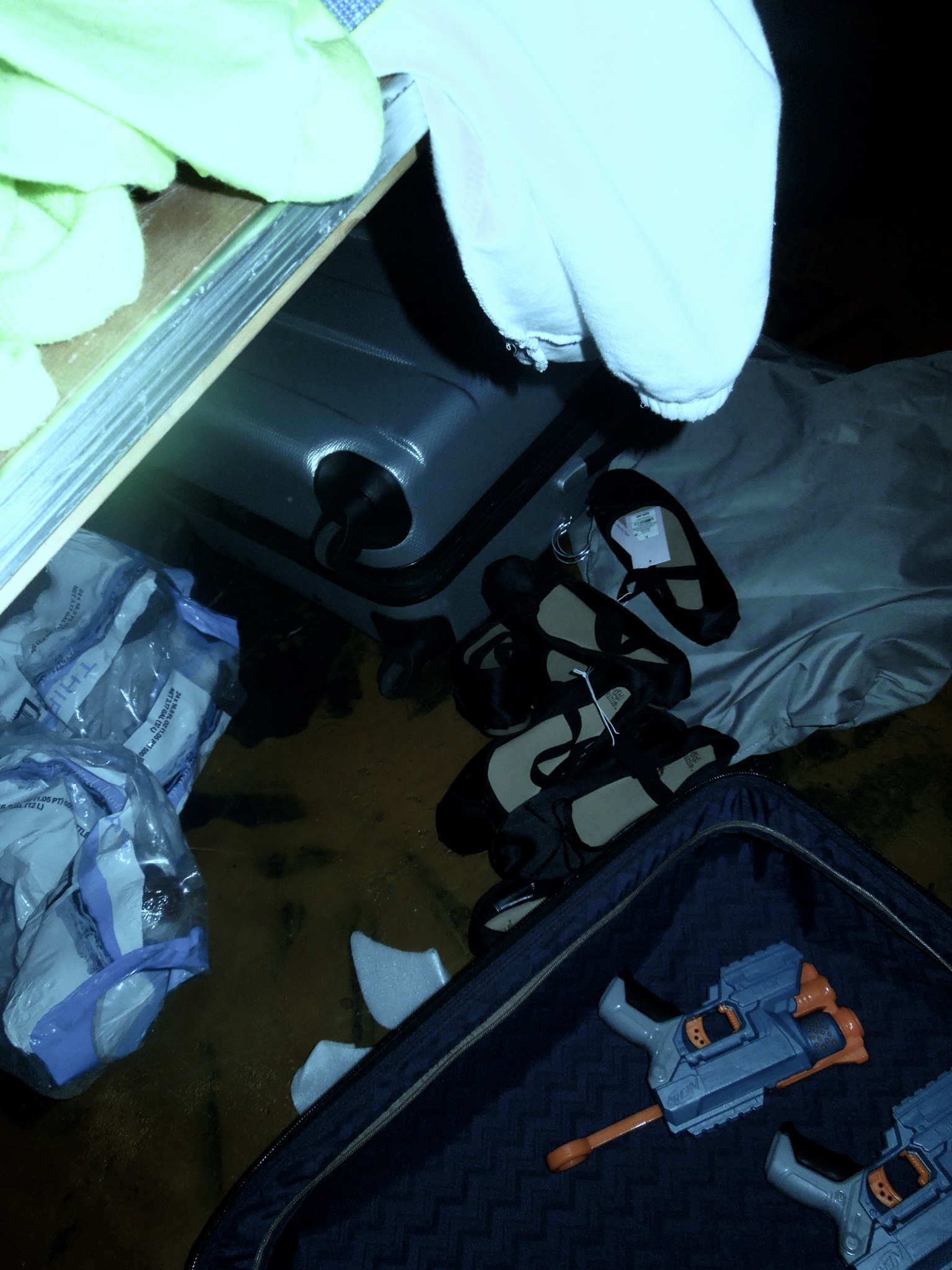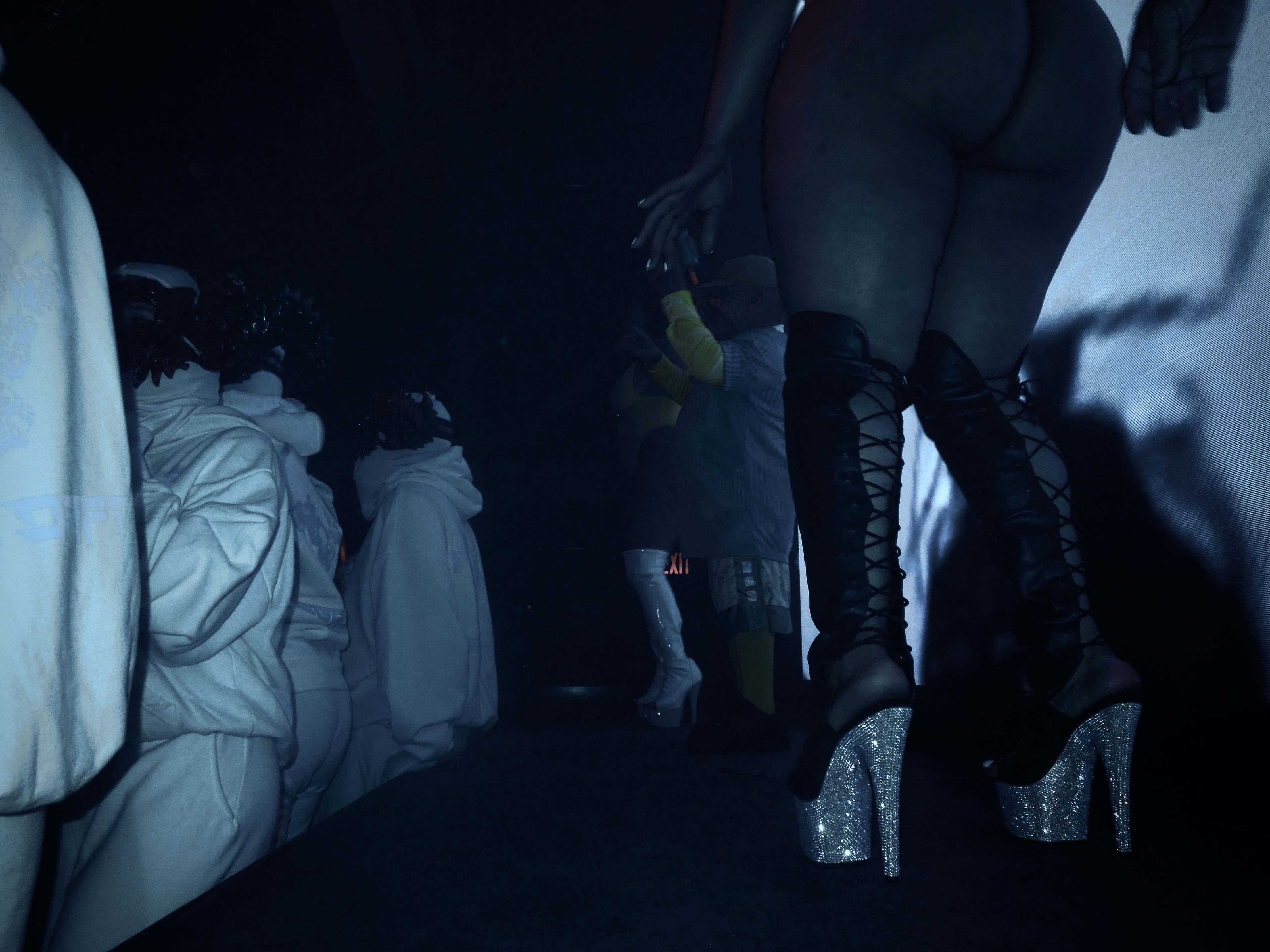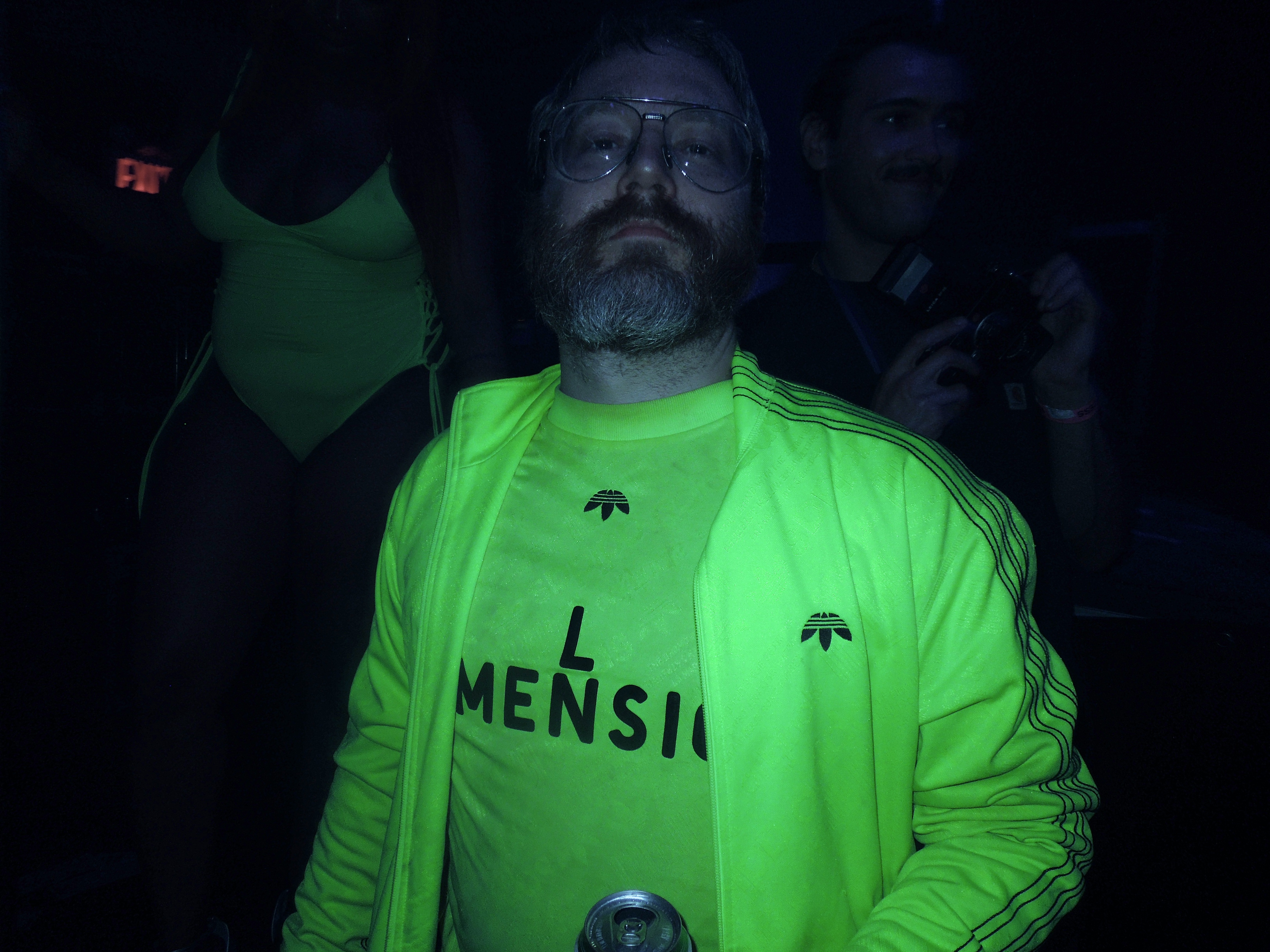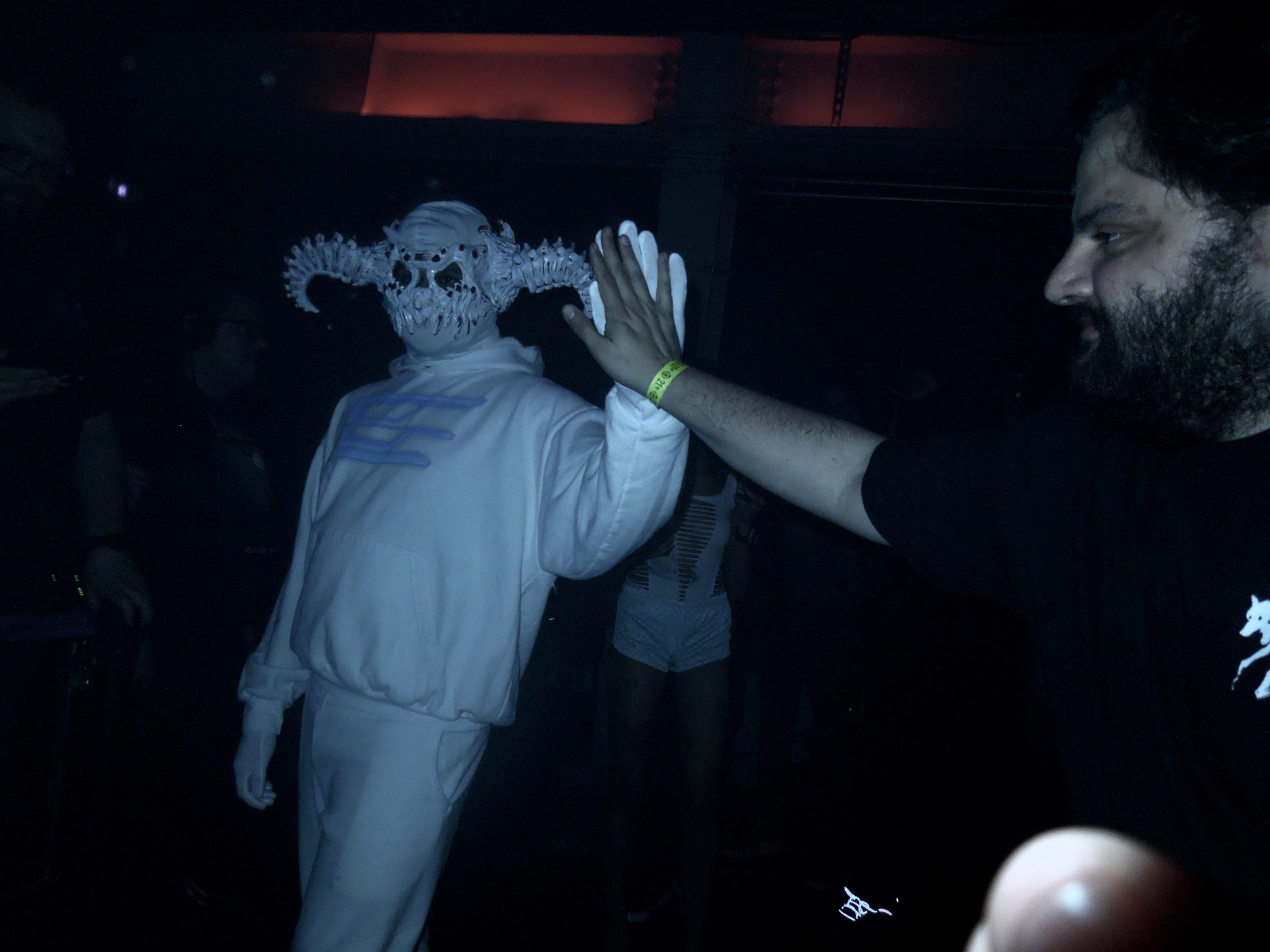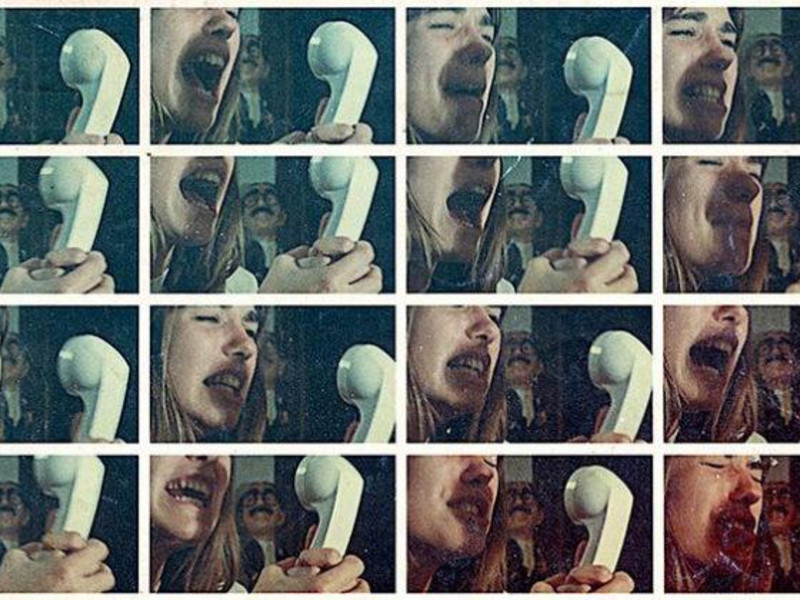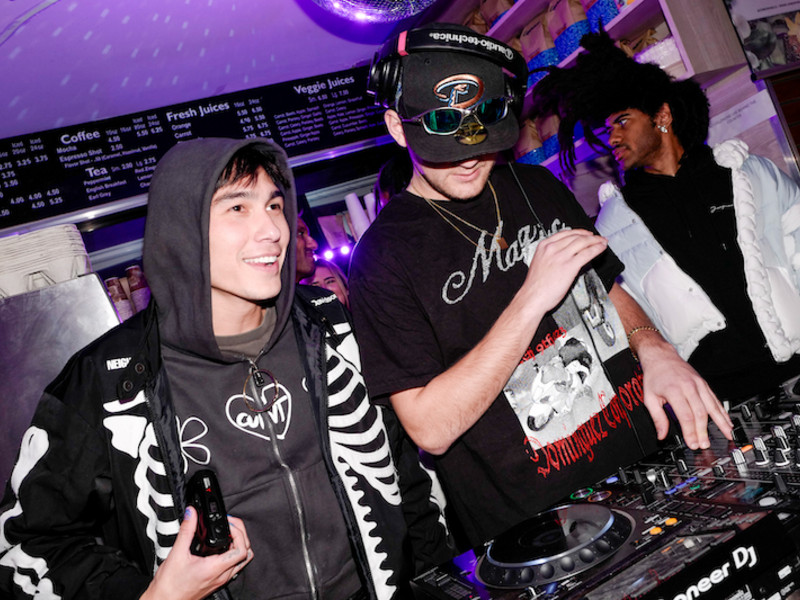Forgtmenot
The Coronavirus epidemic isn’t the first storm Forgtmenot has weathered. Just three months after its opening in 2012, it was christened by Hurricane Sandy, and despite much of lower Manhattan being flooded, Forgtmenot stayed open. “It was kind of our birth through Sandy,” Tighe says. The bar made it through and even went on to expand in the coming years. It wasn’t apparent then, but the trial with Sandy would foreshadow the business’s resilience.
After Mayor De Blasio declared a city-wide lockdown, Forgtmenot tried to remain open doing deliveries and food-to-go, “but it really wasn't a viable option for us,” says Tighe. It didn’t bring in enough money. At their wits end, but unwilling to give up, the idea for the conversion came to Tighe while he and the owner, Paul Sierros, were sitting at the bar one dreary morning: “We were having a whisky, talking about what we could do, how can we stay open, how can we survive, and we thought, ‘You know, we have the avenues, we have the supply chains for products, why not switch around and do a super market?’" It took less than twenty-four hours to put the plan into action. Working non-stop through the night, Tighe unbolted the furniture from the bar’s floor, built plywood shelves to house the produce, and moved everything they didn’t need to storage, turning Forgtmenot into the FMN General Store.
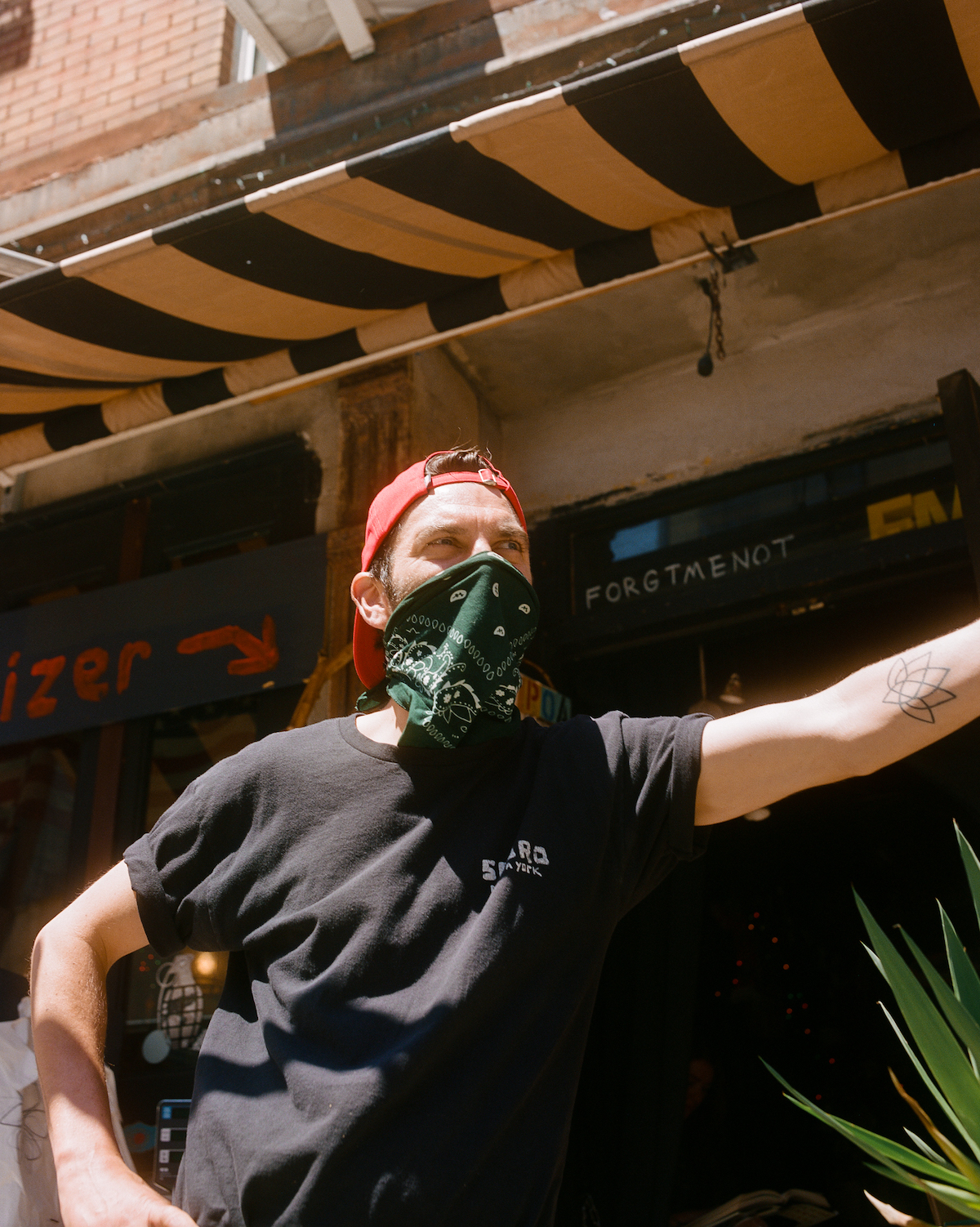

Aside from the dark wooden bar off to the left of the entrance, the space looks like it could have always been an eccentric, trading post–themed bodega. The old country music that plays over the speakers is the kind that you'd find in a dusty, small town saloon whose patrons order double shots of whiskey. There are knick-knacks, trinkets, and mementos, which all provide scenic camouflage for the goods that are actually for sale: Woven blankets, espadrilles, and vinyl along with the usual perishables and nonperishables. Everything in the store is crammed up next to and stacked on top of everything else: The record crate is next to the Ritz crackers; the flour can be found beside an oil painting of a Doberman. Clutter is an aesthetic here, and it gives one the urge to browse. (Which is safeguarded by a hand-sanitizer station right at the entrance.)
“It was crazy he got it all done in a night,” says Mark Nardelli, friend of the Forgtmenot crew and founder of NYC-based skateboard and apparel brand, 5boro. Nardelli is one of several people who are spread out on the quarter-block space outside of Forgtmenot, drinking, skating, and arguing about soccer. The Forgtmenot community is close-knit, which is why it was particularly devastating that the store had to downsize. “We went from having about seventy employees in total to about ten or fifteen,” Tighe says. “We've had to lay off a lot of people that we've known for years. We're hoping obviously that we can take them back, but it's hard. It's family. We all live in this neighborhood; I've lived in this neighborhood for about twelve years. It's very much a community vibe here.” And Forgtmenot, for some, is very much a home.
“That small stretch of Division Street changed my mother fucking life,” says visual artist and Forgtmenot partner, Adam Lucas. Though he’s established in the downtown art scene now, Lucas was at one point in time slinging chicken and pork sticks from a food truck owned by Abby and Paul Sierros—and loving it. “They were my Big Apple family,” Lucas says, “and when they approached me to partner with them on a small brick and mortar in Chinatown, I agreed (despite being damn near dead broke).”
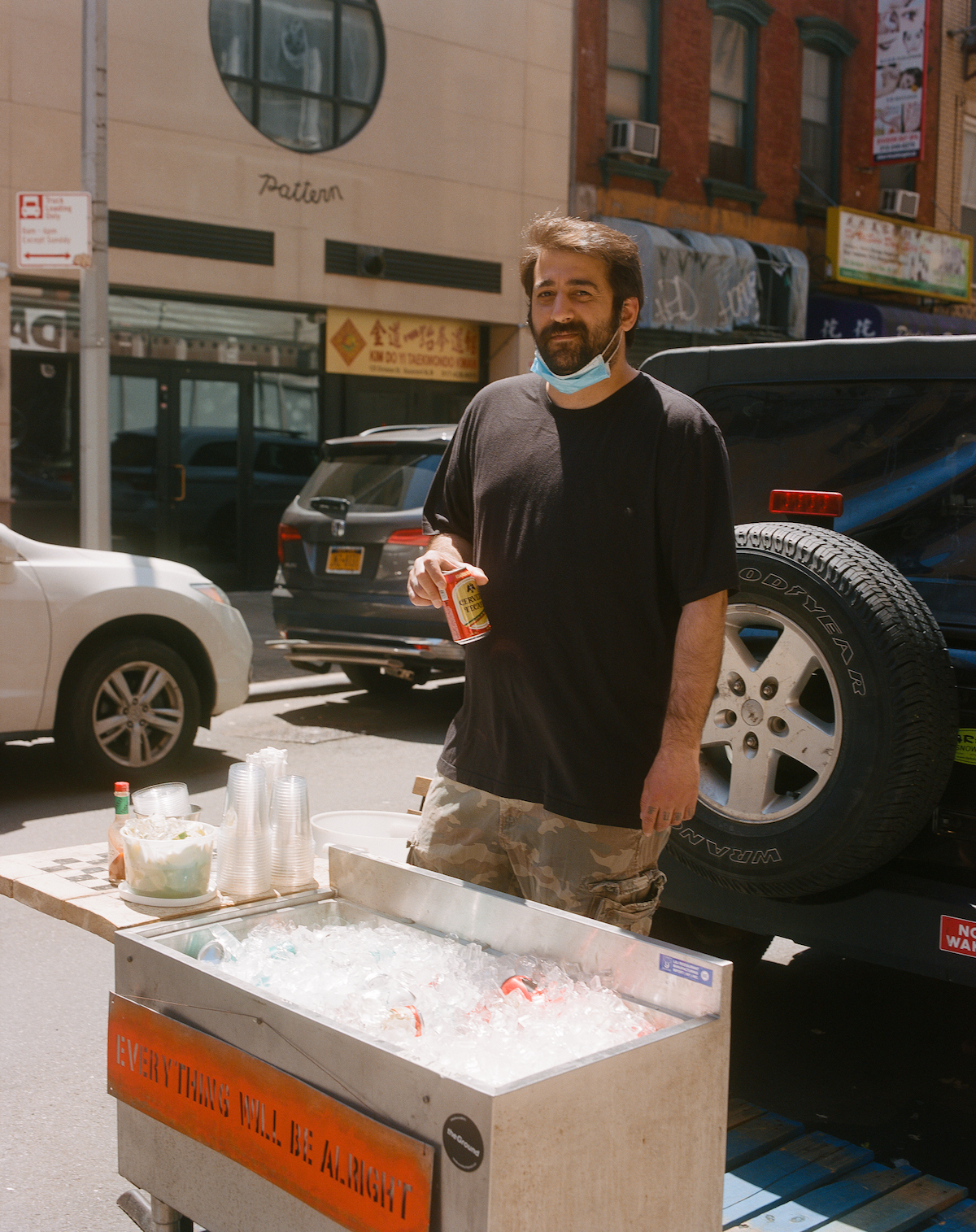
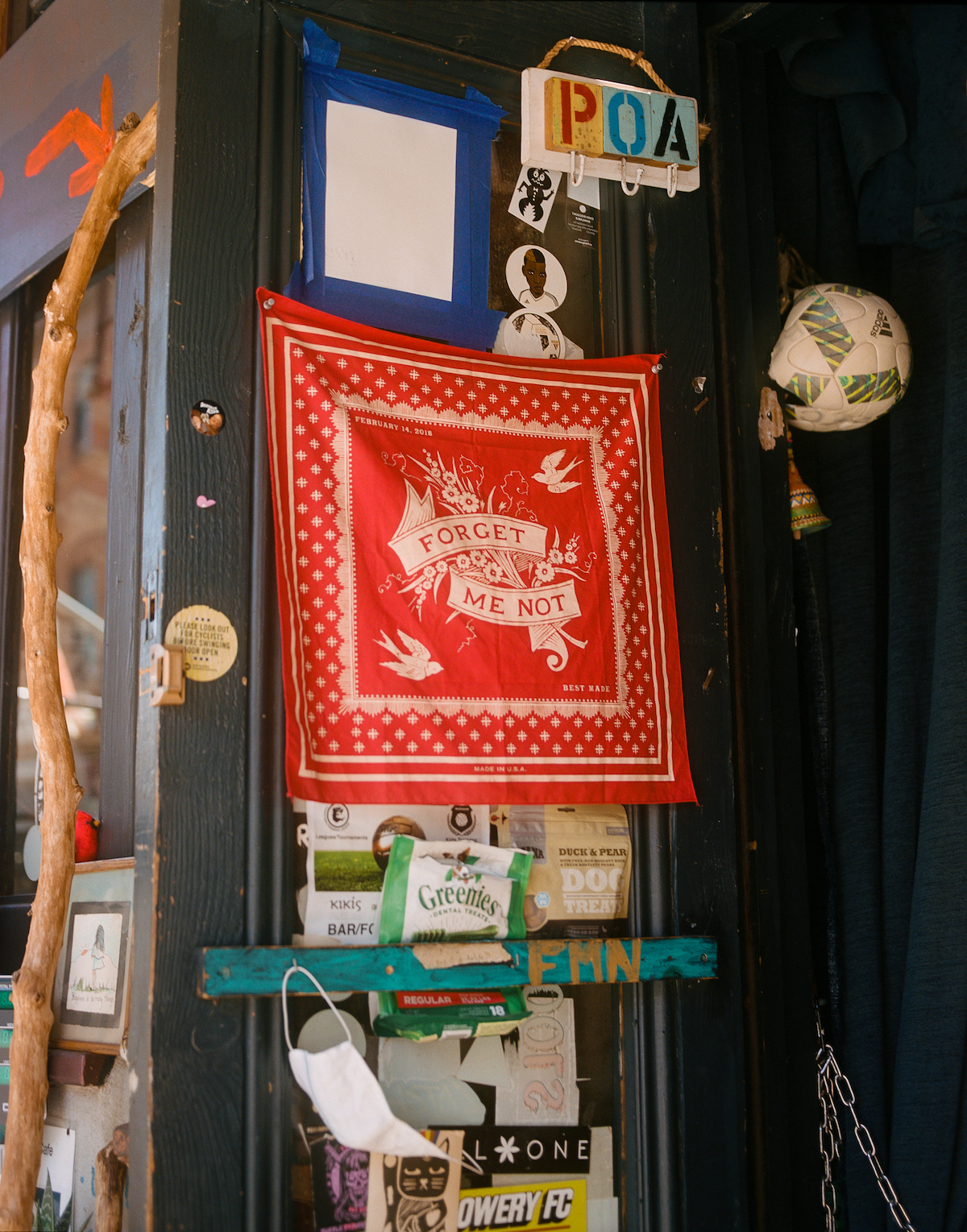
It seems comaraderie was foundational to Forgtmenot’s beginning. As Lucas recalls with nostalgia, “We built the place ourselves and couldn't afford to hire any employees for months (actually taking turns sleeping in my car parked out front). But damn it all if it wasn't exciting as hell. Food and drinks during the day, art and more drinks at night. Then we'd wake up before sunrise to surf 90th street, followed by a quick drive back to the city to open the restaurant.”
Now, in the face of crisis, it’s apparent that this bond which the founding Forgtmenot members cultivated is being reflected in its patrons. Many of Forgtmenot the Bar’s regulars have become FGM the General Store’s regulars. During our short, ten-minute interview, three different people popped their heads into the store to say hello to Tighe, promising they’d be back after their walks. “For me,” Tighe says, “the Lower East Side and Chinatown are some of the last neighborhoods in the city that still retains their authenticity. They’re still community-oriented. We're indebted to the community here—first of all for supporting us along these eight years, but also for supporting us through this too. Many small businesses, not just bars, aren't going to reopen after this. So our mission is just to stay alive.”
Thanks to Tighe’s resourcefulness, right now the business is operational; the idea of Forgtmenot, still very much alive. Those who used to frequent the place for a drink still can; they’re just served from a cooler on the sidewalk. “I think of us as a small-town trading post,” Tighe says, “where people can stop in for a minute, have a quick chat, and just pop on with their roadie drinks to go,” a method of operation that retains FGM’s close-knit charm. “Are we making anywhere near as much revenue as we would as a bar? Absolutely not,” Tighe says. “But it's keeping our doors open.” And it’s giving the community a chance to support a business it loves.




